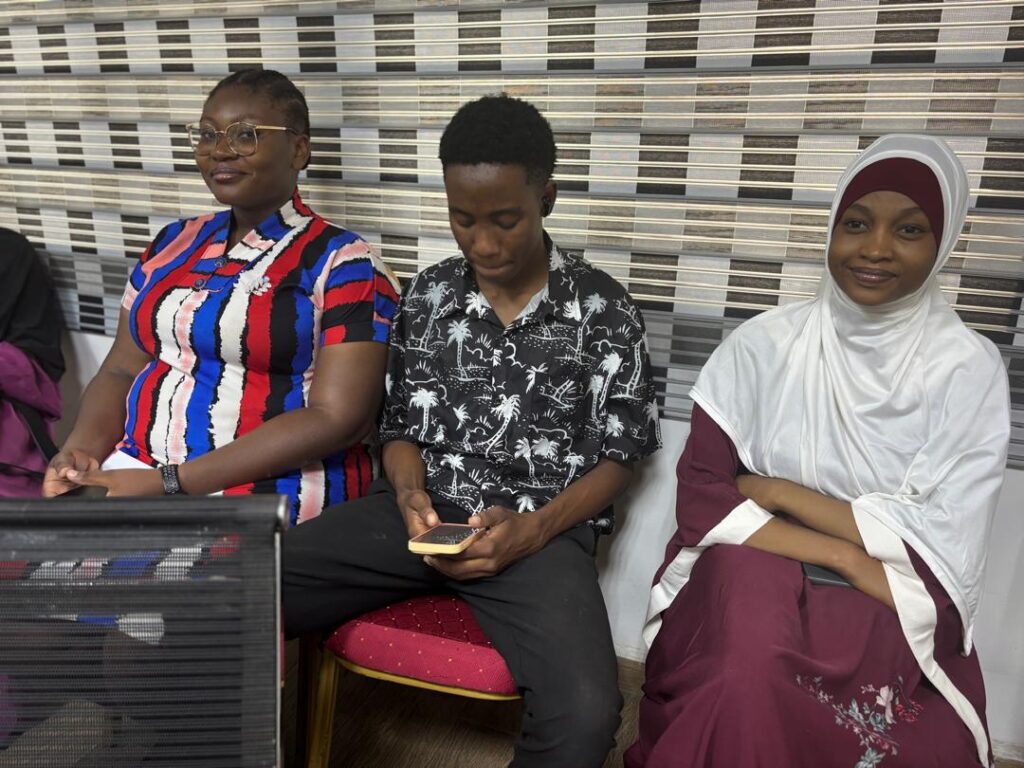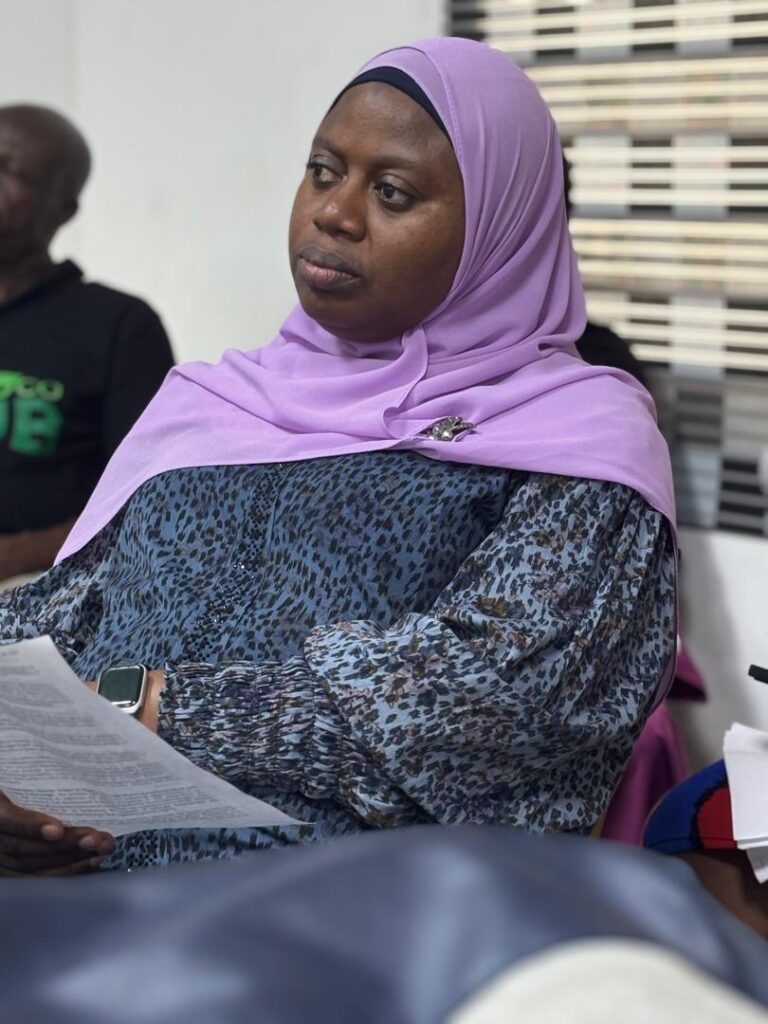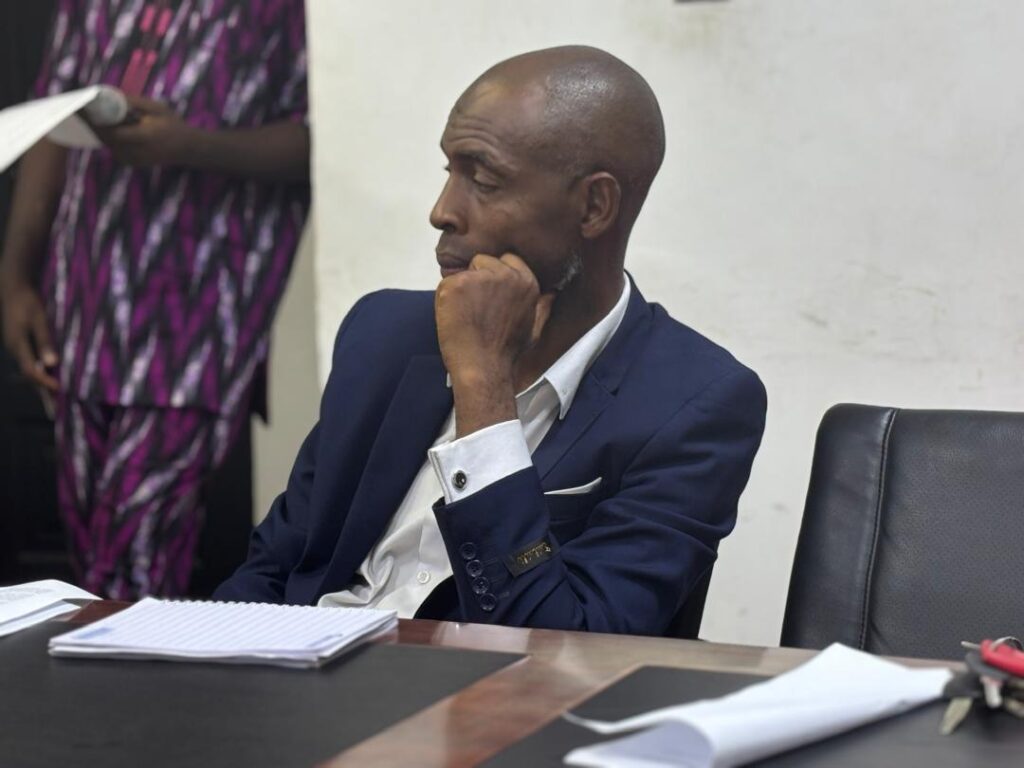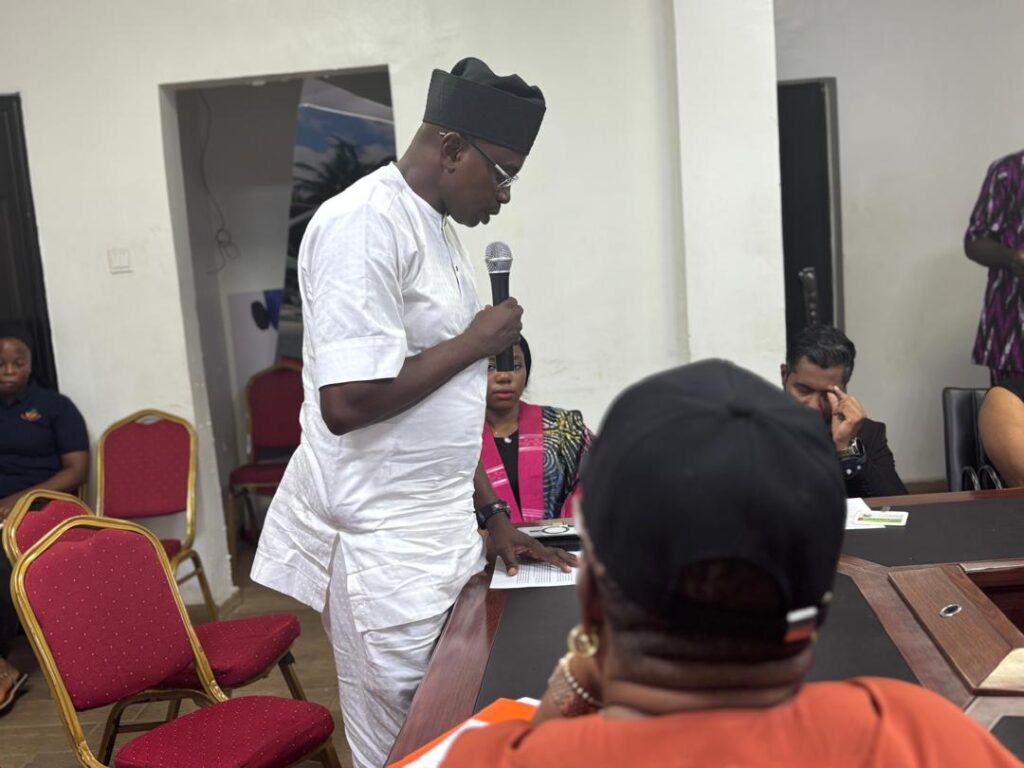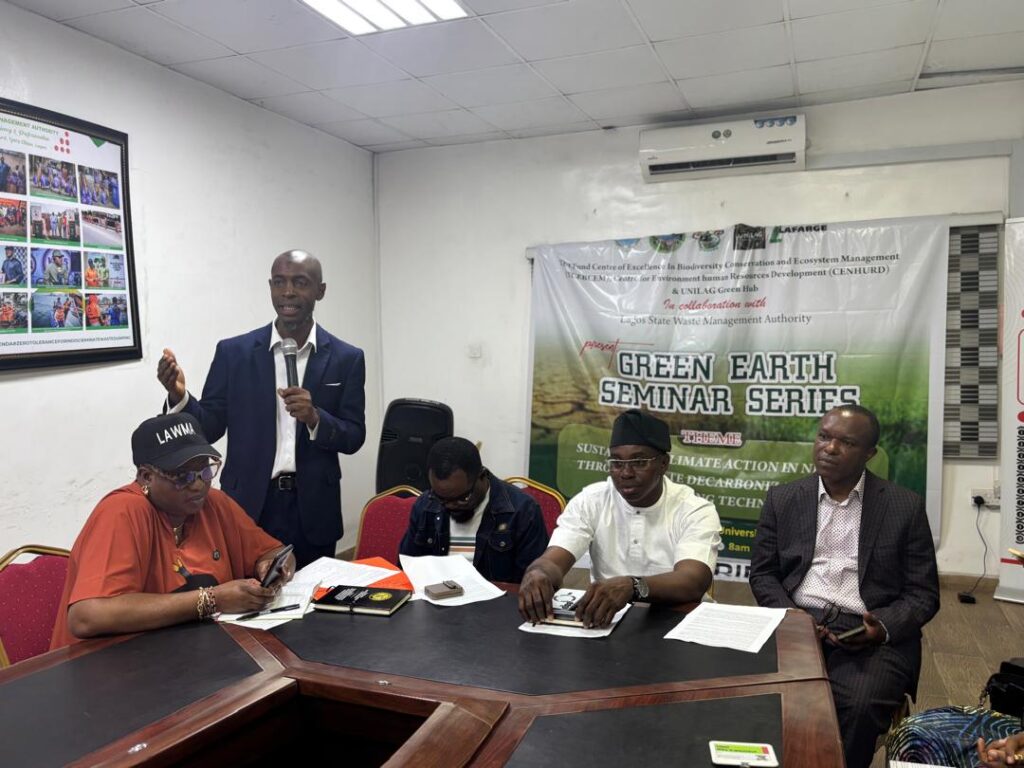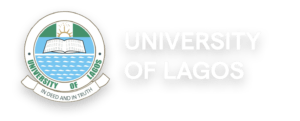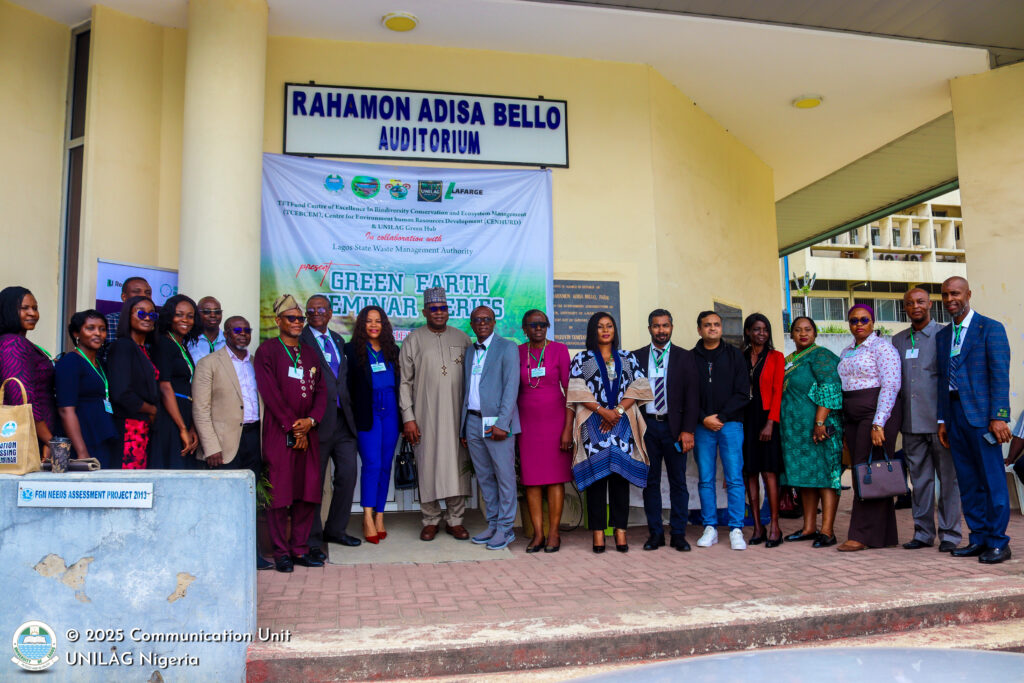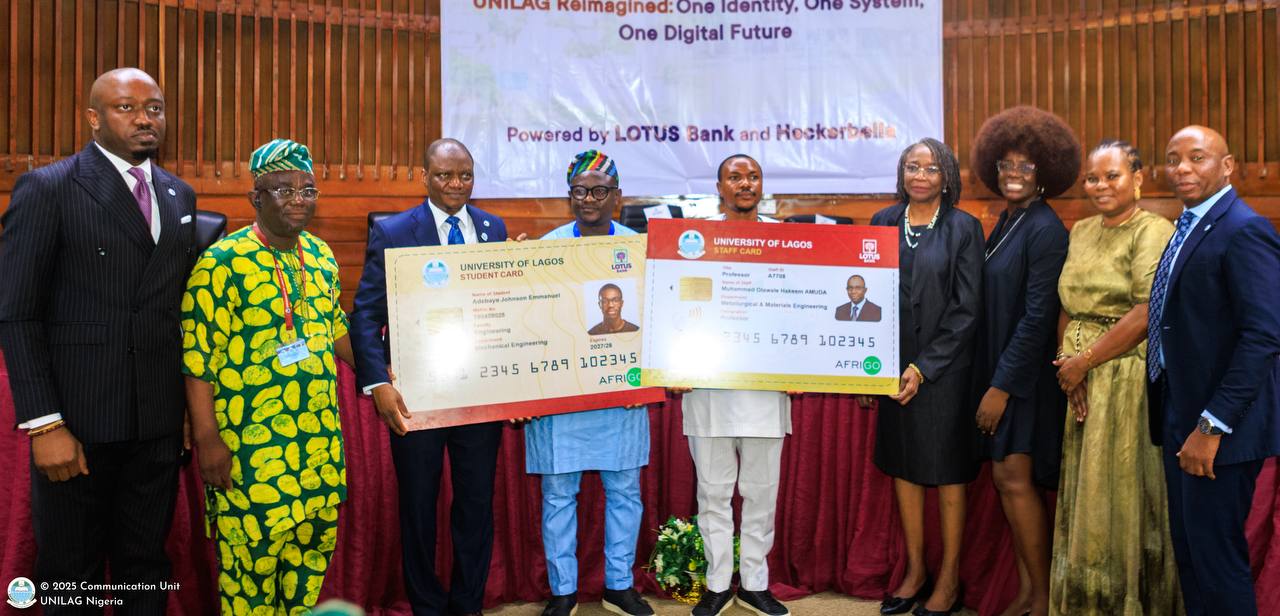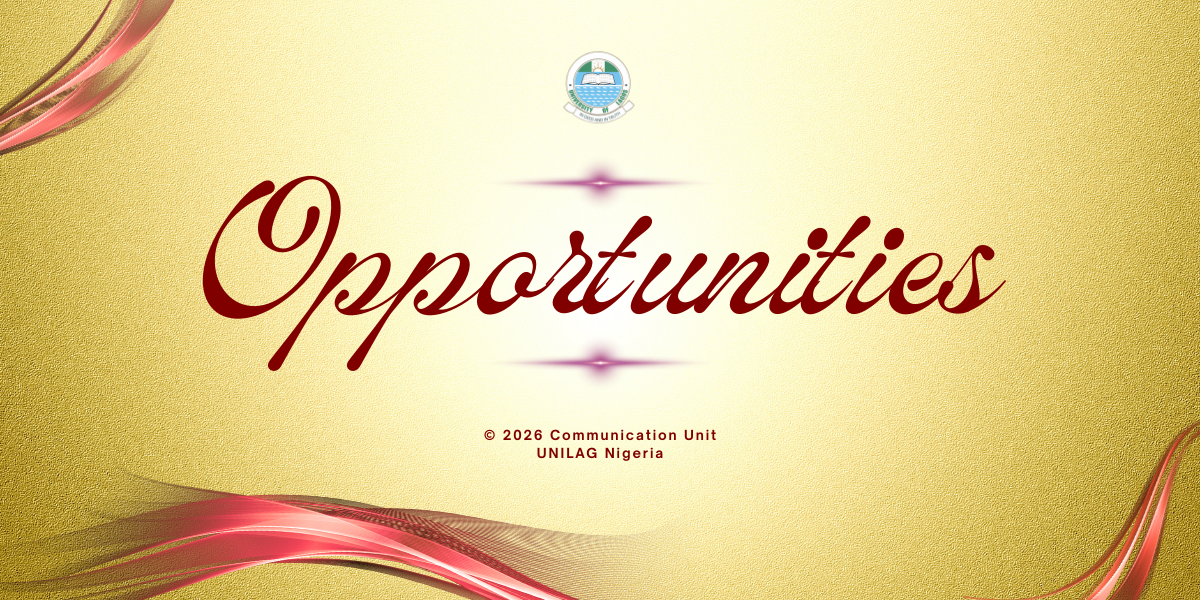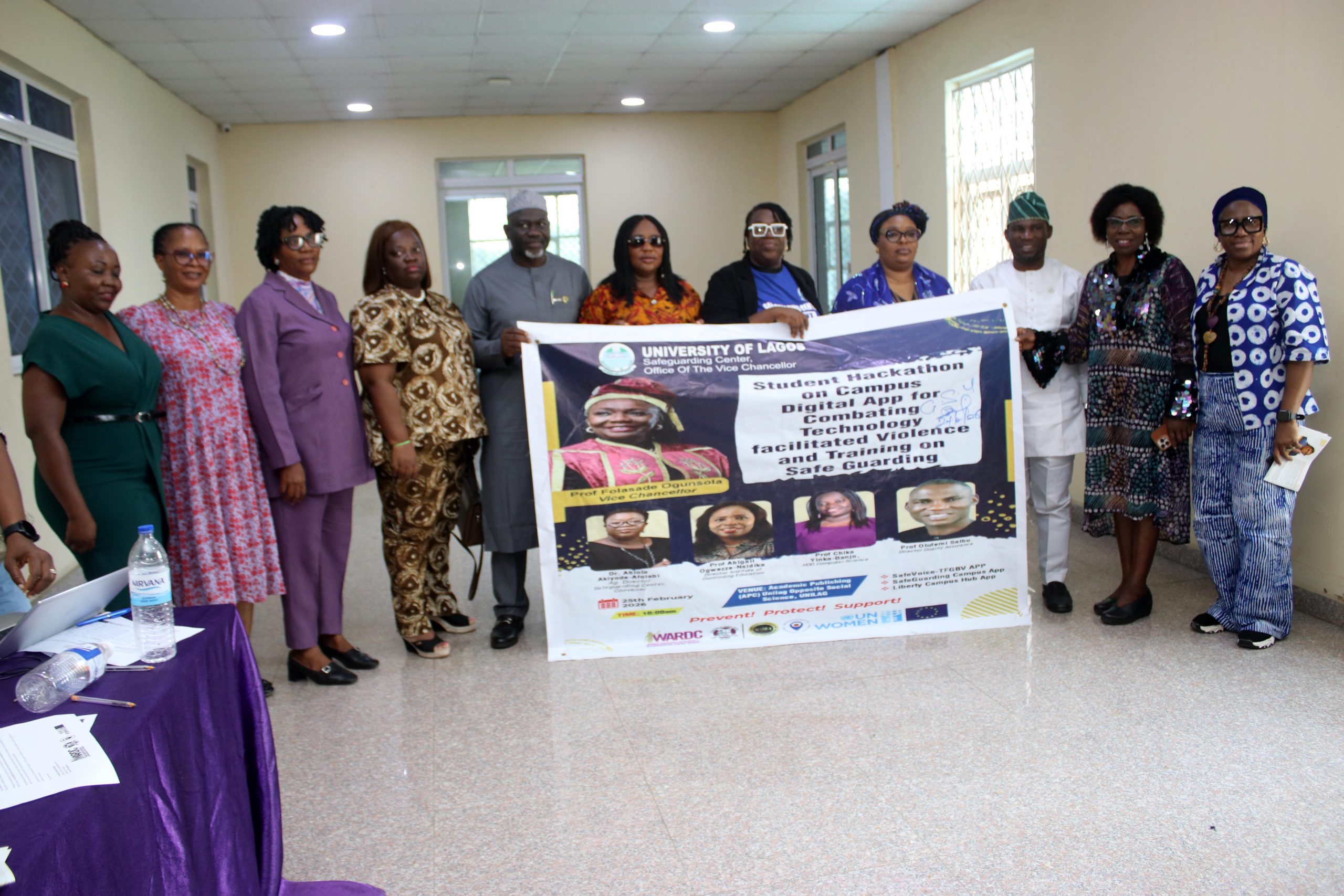The University of Lagos (UNILAG), Nigeria, has reaffirmed its position as a trailblazer championing change through developmental research, dynamic innovation and environmental advocacy as it played host to a transformative Green Earth Seminar Series, aimed at pushing a paradigm shift of waste, a major environmental burden, to a major economic resource.
With the theme: Sustainable Climate Action in Nigeria Through Waste Decarbonization and Co-Processing Technology, the one-day seminar was held on Tuesday, April 22, 2025, at Rahamon Bello Hall, UNILAG, under the auspices of UNILAG TETFund Centre of Excellence in Biodiversity Conservation and Ecosystem Management (TCEBCEM), Centre for Environment Human Resources Development, UNILAG (CENHURD-UNILAG), and UNILAG Green Hub, in collaboration with Lafarge.
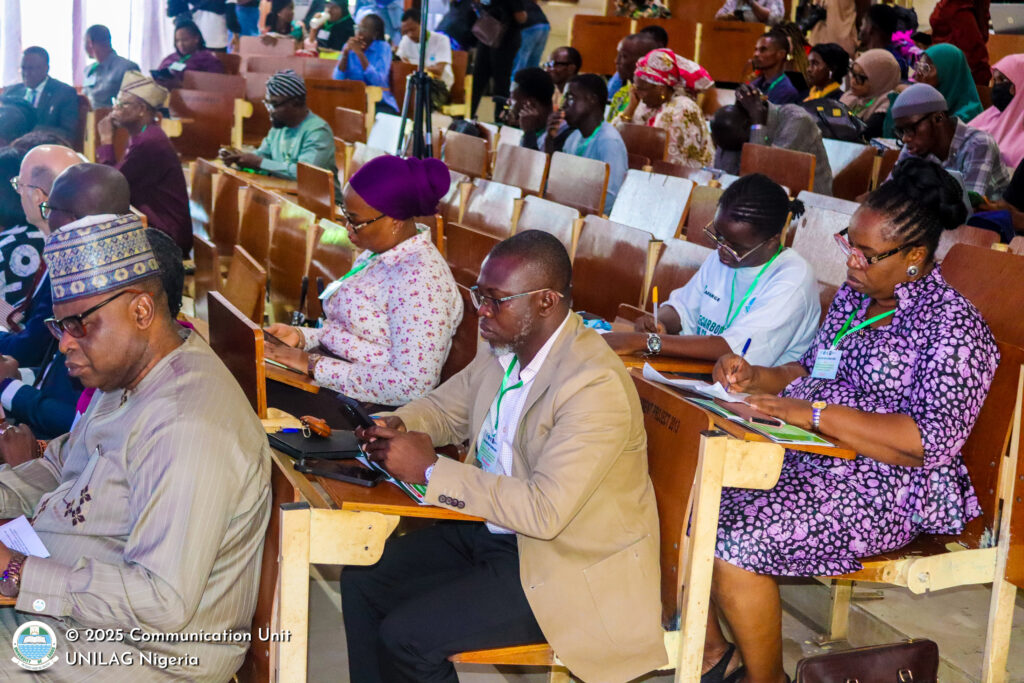
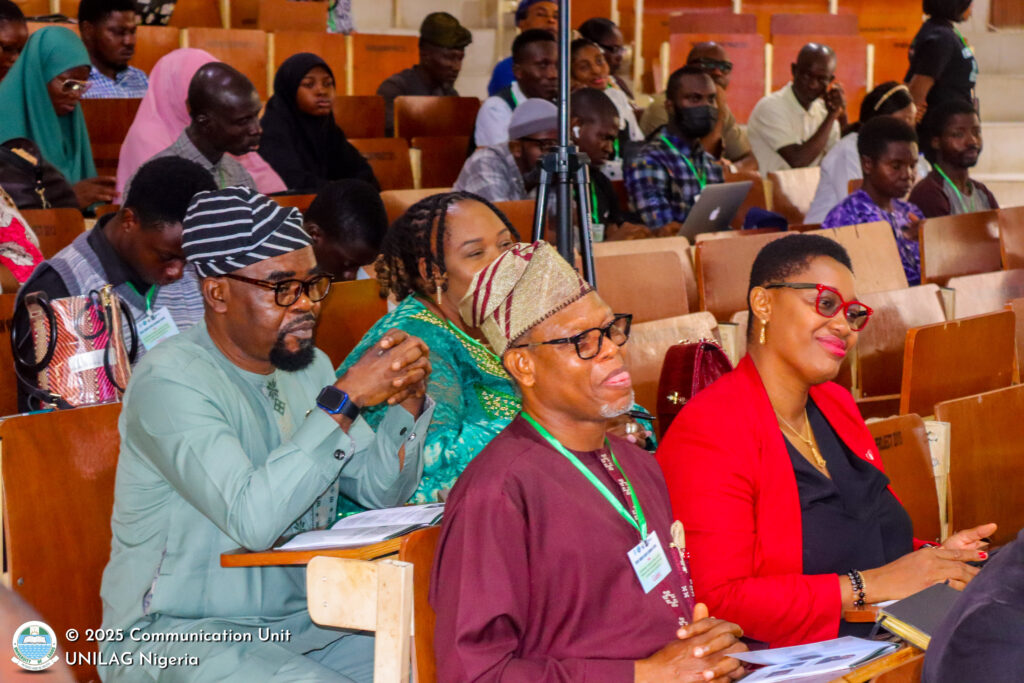
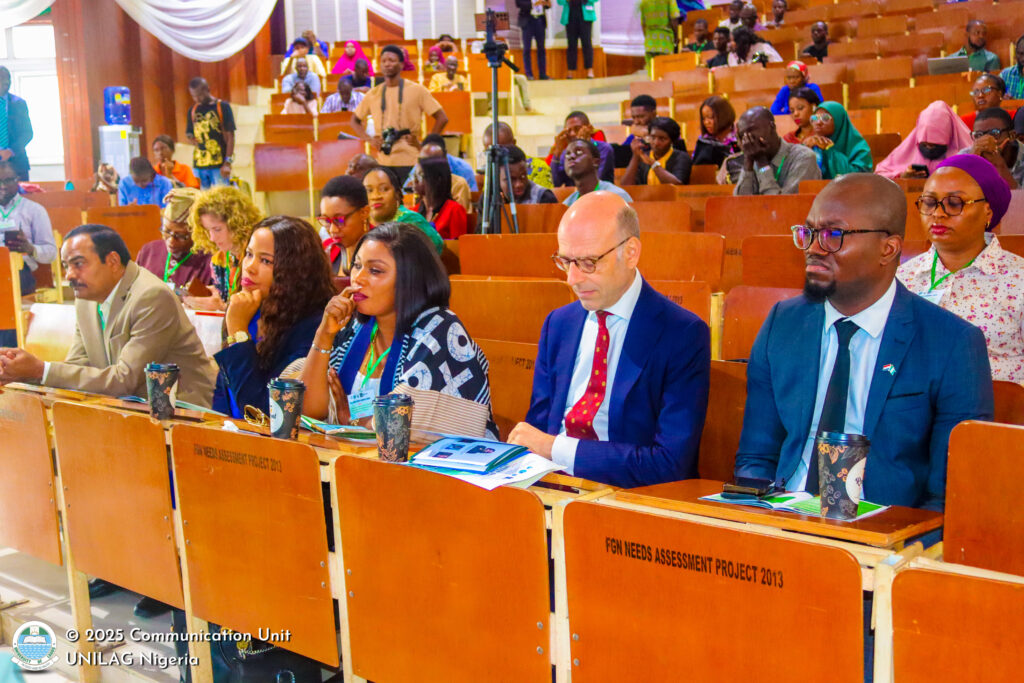
The event, chaired by the Group Managing Director/CEO of Lafarge Africa PLC, Mr. Lolu Alade-Akinyemi, and Consul-General of the Kingdom of the Netherlands in Lagos, Mr. Michael Deelen, provided a platform for integrated action by bringing together academic experts, industry leaders, and policy makers to explore system-wide solutions to advance Nigeria’s climate goals.
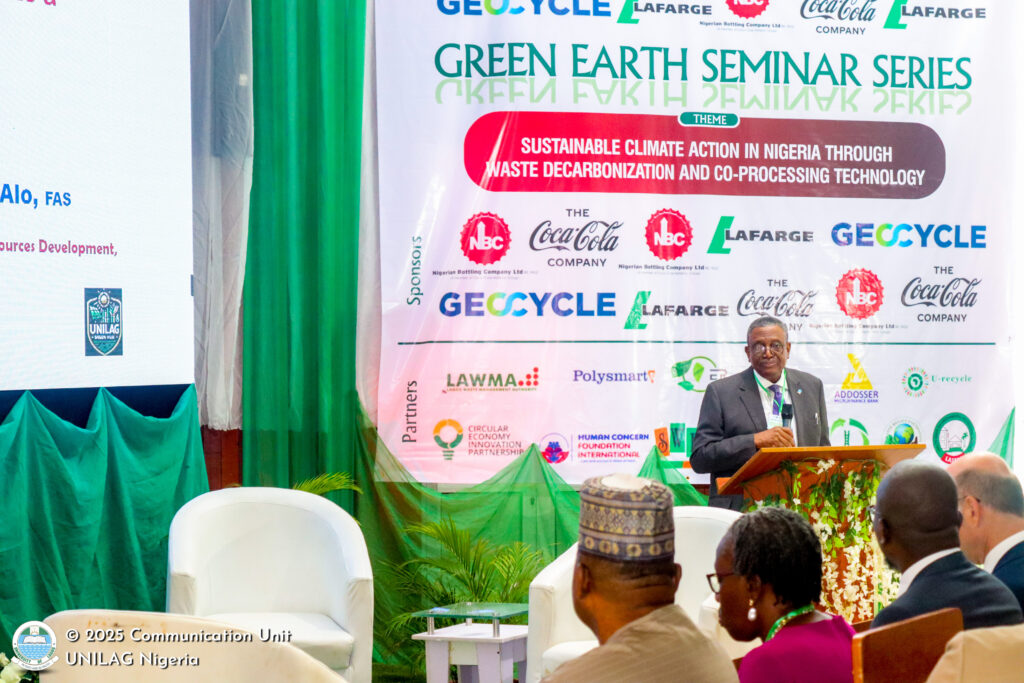
Against the backdrop of Nigeria’s mounting waste crisis of over thirty two (32) million tonnes, generated annually, and seventy percent (70%) of these waste clogging overburdened landfills, the tone for the seminar was set by a riveting keynote address by former Deputy Vice-Chancellor (Academics & Research), UNILAG and Environment Advocate, Emeritus Professor Babajide Ibitayo Alo, FAS.
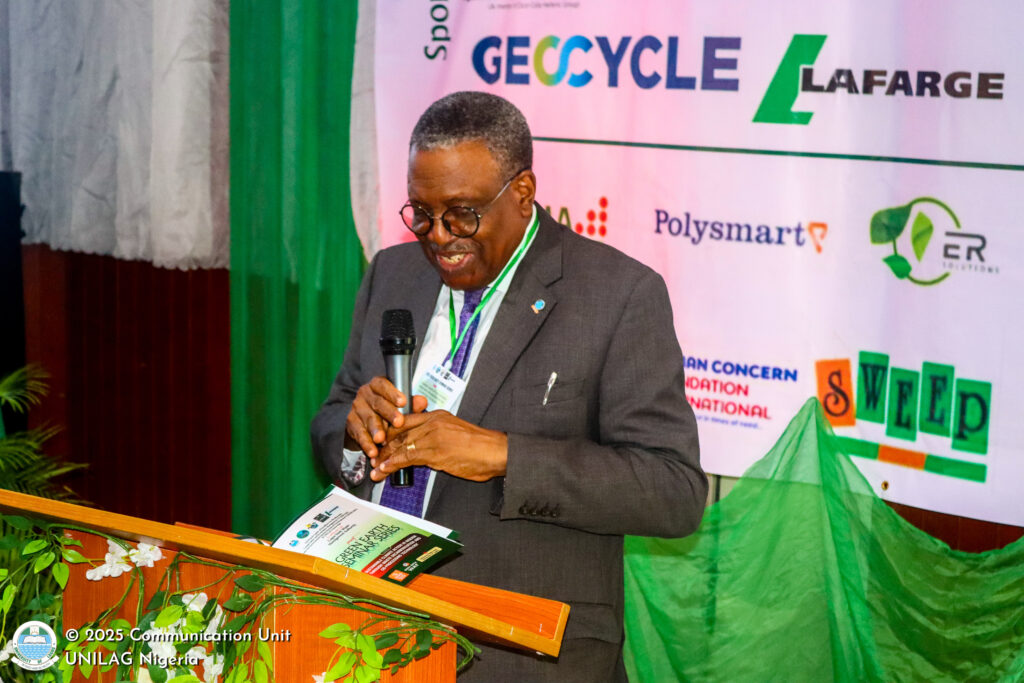
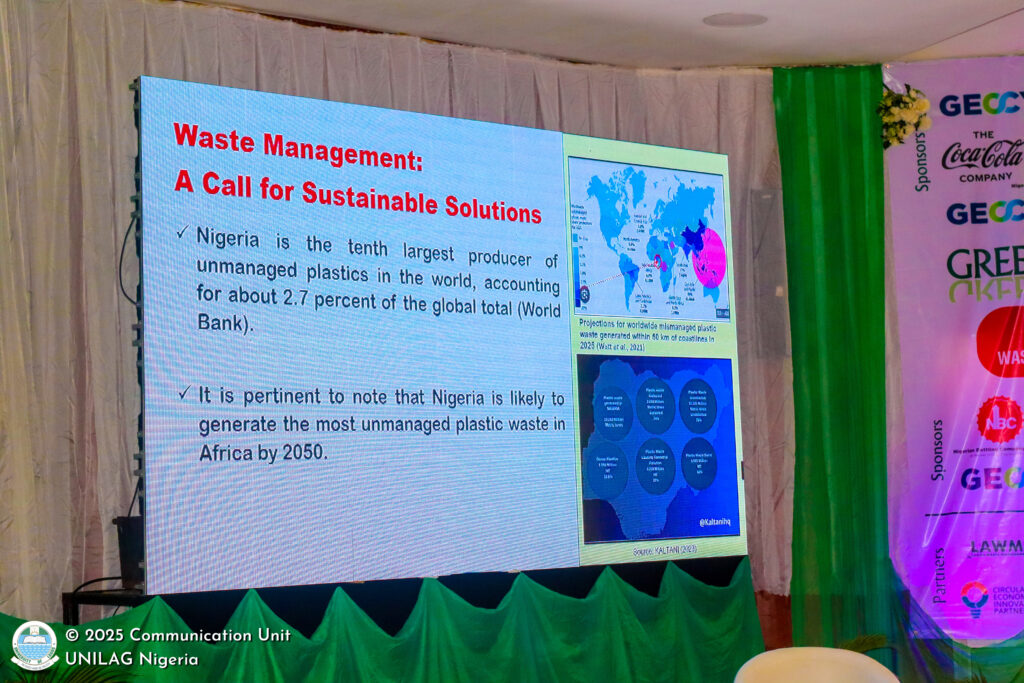
His address titled: Waste Decarbonization, Recycling and Co-Processing: Pathway towards a Sustainable Nigeria painted a stark picture of the environmental and health implications of the current fragmented approach to waste management and climate policies in Nigeria.
With Lagos generating over thirteen (13) million tonnes of waste daily and Nigeria contributing two point seven percent (2.7%) to the global waste burden, he warned that the landfills are choking, greenhouse gas emissions are surging, and public health is under threat, flashing a haunting image of waste-strewn landscapes that left the audience in reflective silence.
The presentation by the Emeritus Professor of Chemistry also offered hope for Nigeria as he emphasised the need to step up game-changing action through waste decarbonization and co-processing: innovative technologies that convert waste to energy, reduce fossil fuel dependency, and slash landfill waste. His words “…these solutions don’t just clean our environment; they spark economic growth and job creation.
A Melting Pot of Ideas
Adopting a multi-stakeholder engagement approach, the seminar featured expert panels and technical sessions that offered: Insights into the science, economics, and policy dimensions of waste innovation; case studies which provided insights from industries in Nigeria and international benchmarks; and participants a chance to co-create practical solutions.
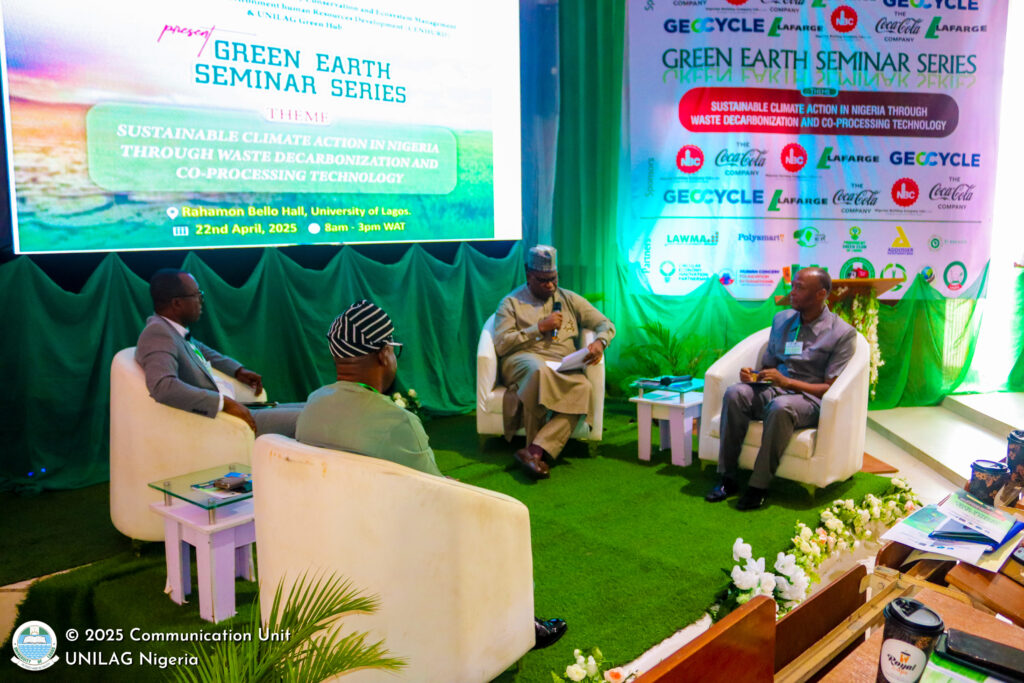
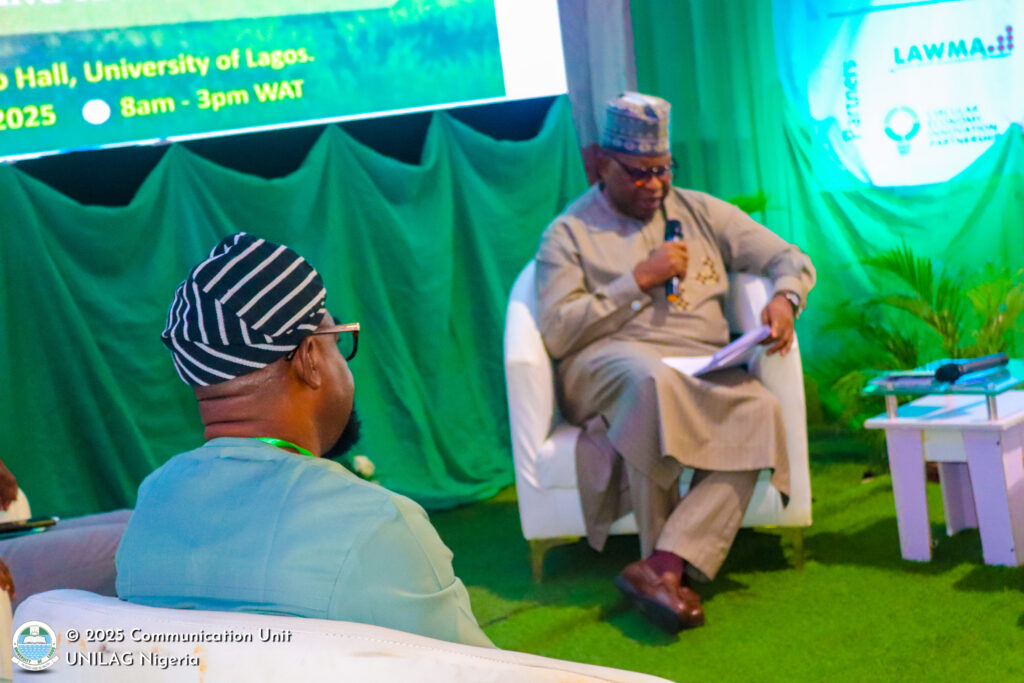
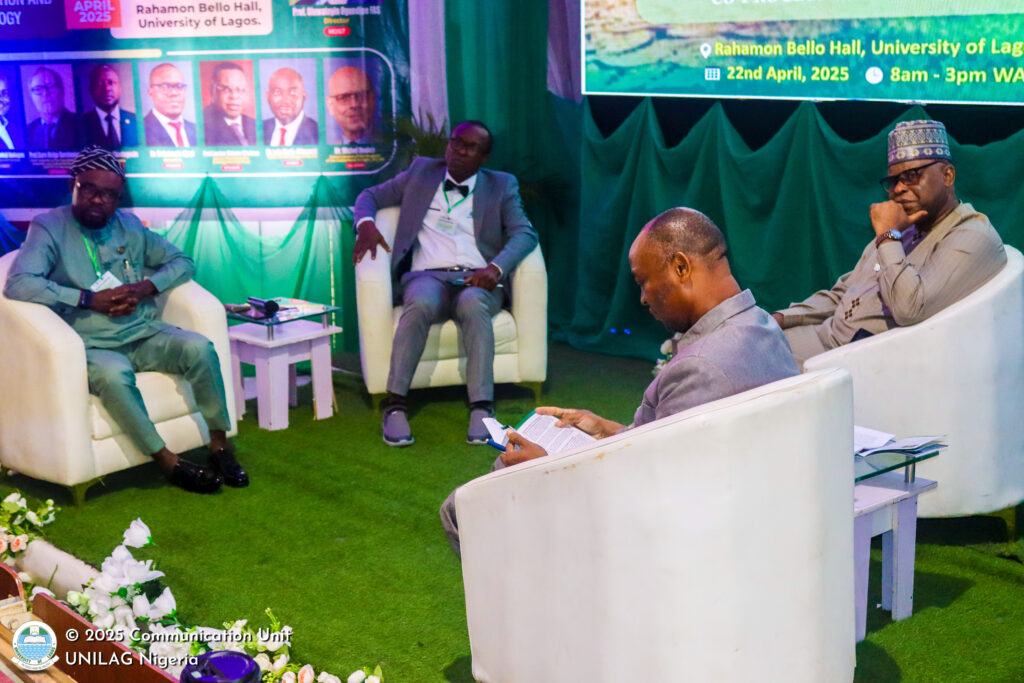
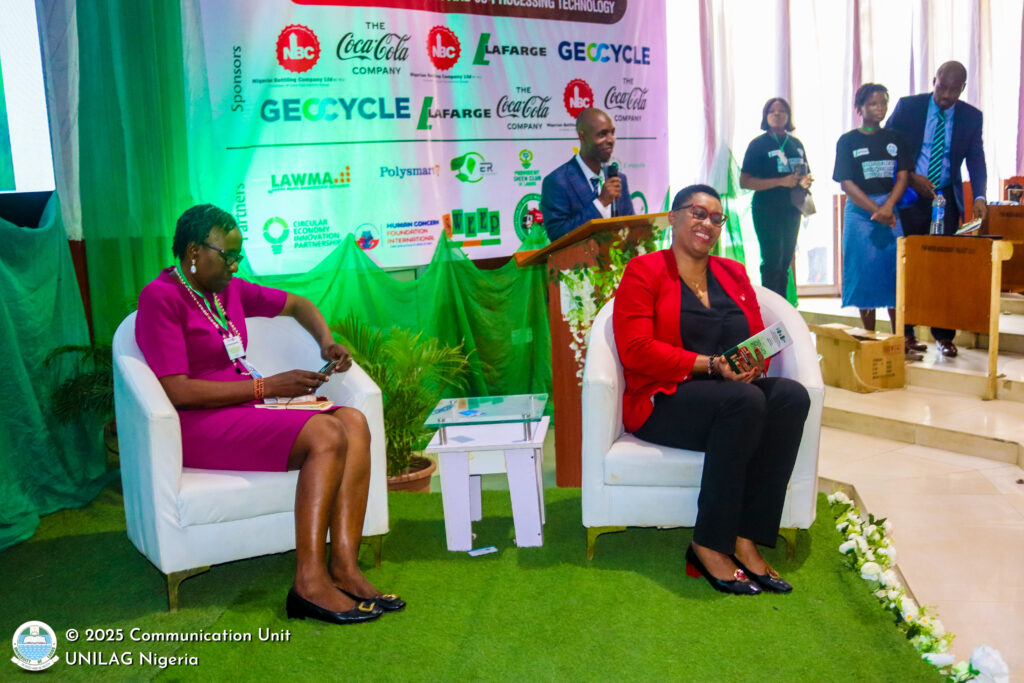
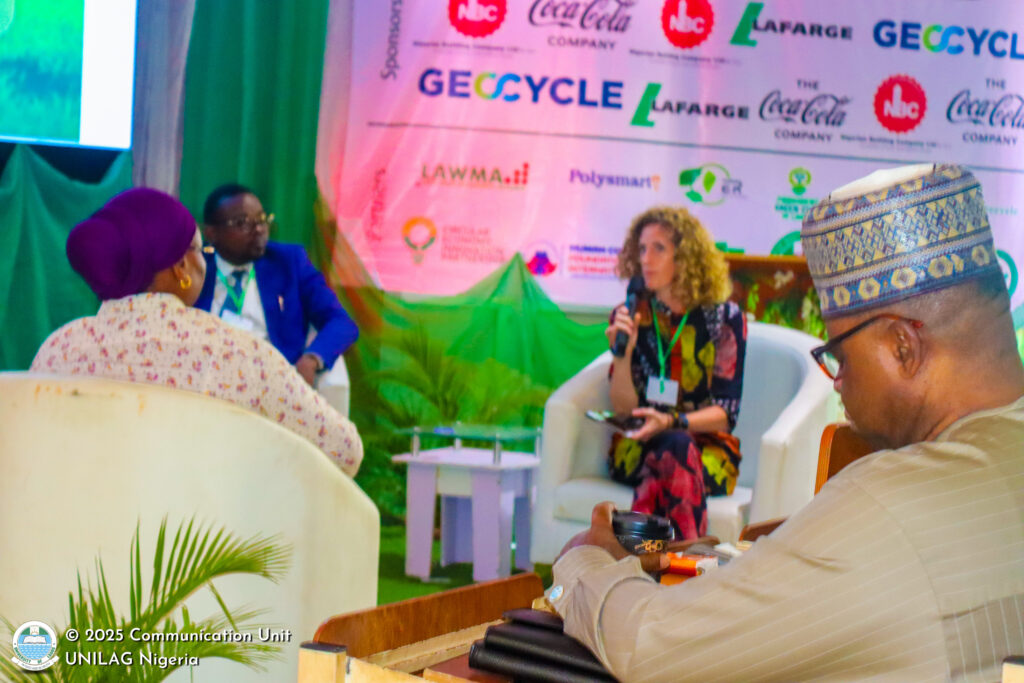
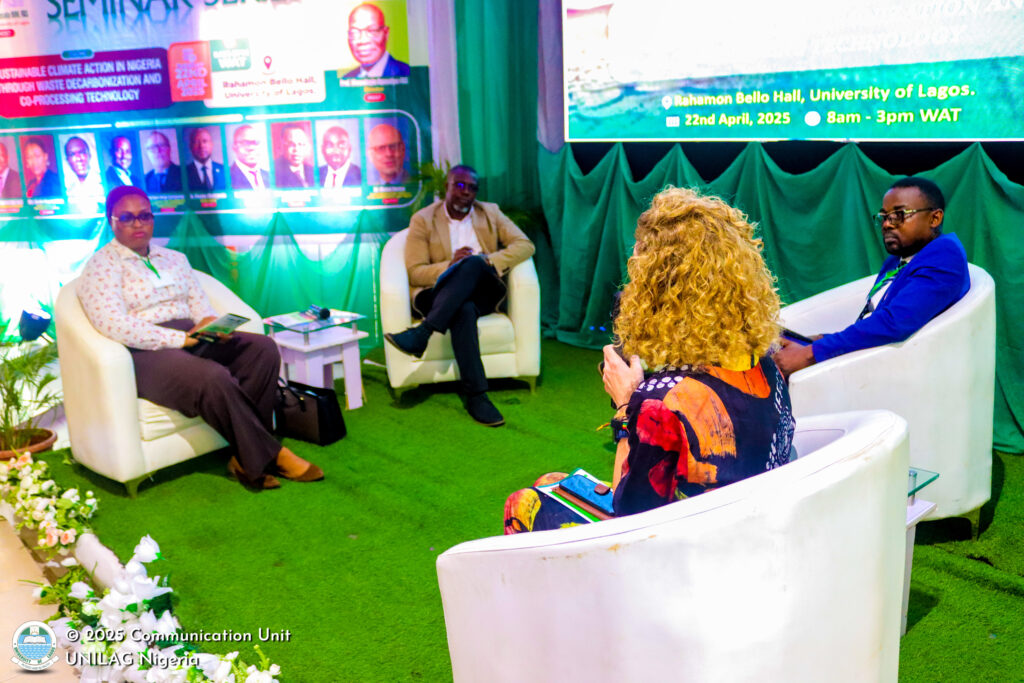
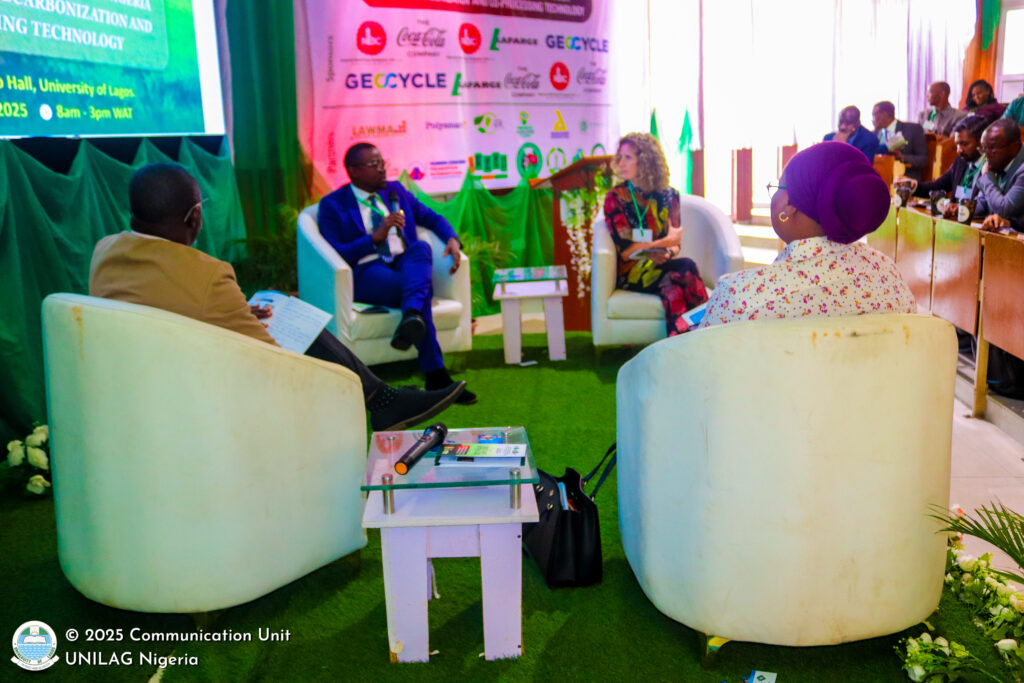
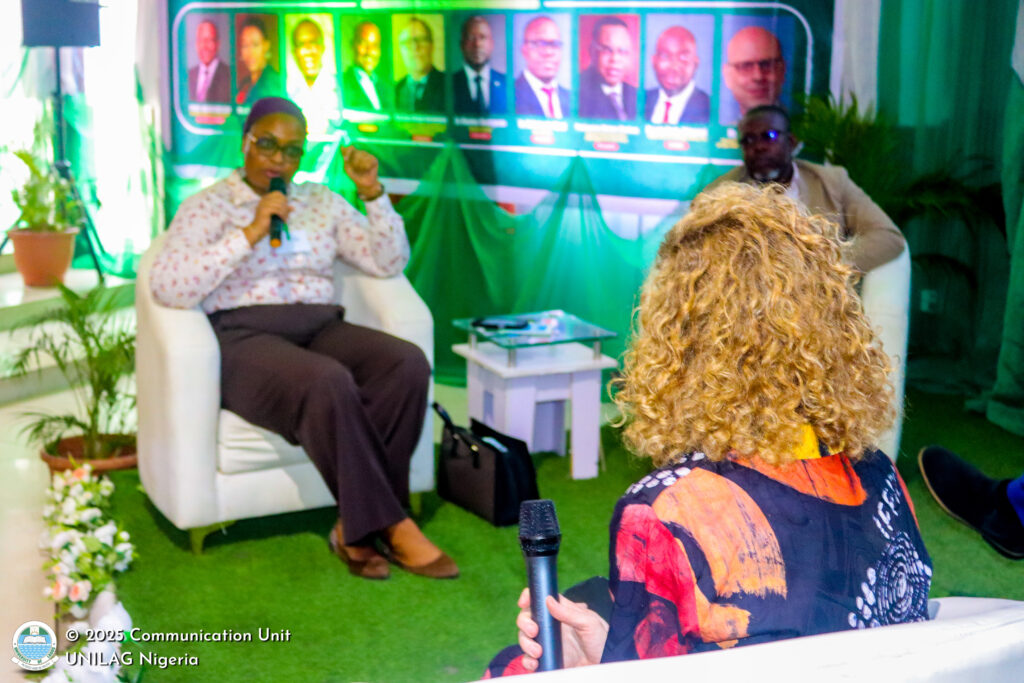
The seminar radiated intellectual vigour as key players from the academia, public, and private sectors, as well as international level, had the opportunity to dialogue on environmental sustainability, technological innovation, and actionable climate solutions tailored to Nigeria’s unique challenges. Top management staff of UNILAG, Professor Lucian O. Chukwu (Deputy Vice-Chancellor, Management Services), Professor Bola Oboh (Deputy Vice-Chancellor, Academics and Research), and Professor Sunday Adebisi (Director, Entrepreneurship and Skills Development Centre: ESDC -UNILAG) underscored the pivotal role of the academia in fostering innovation.
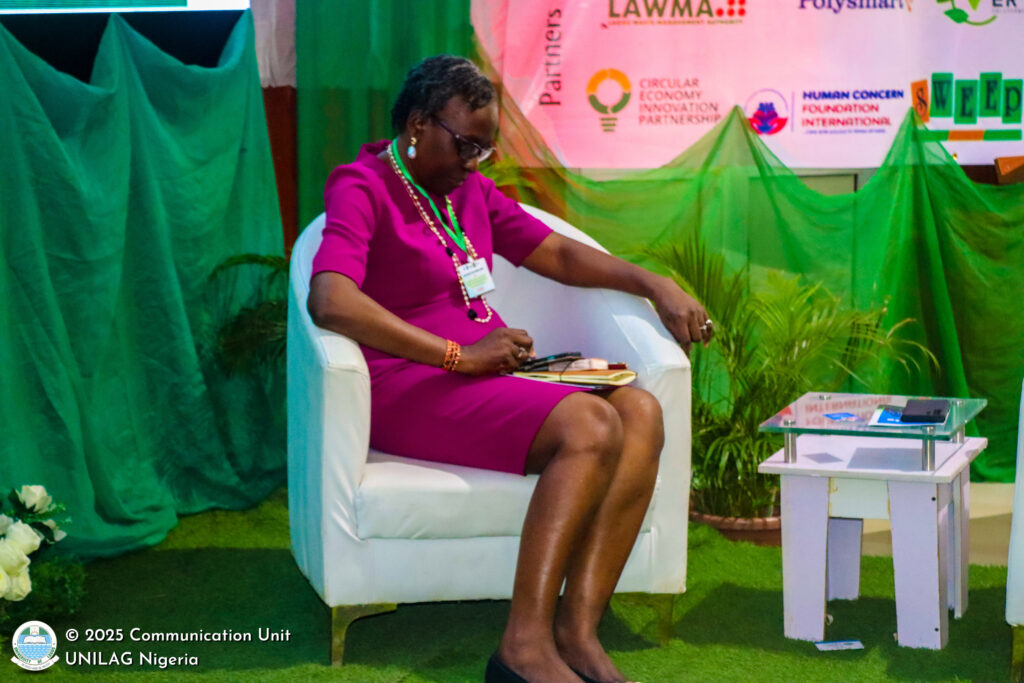
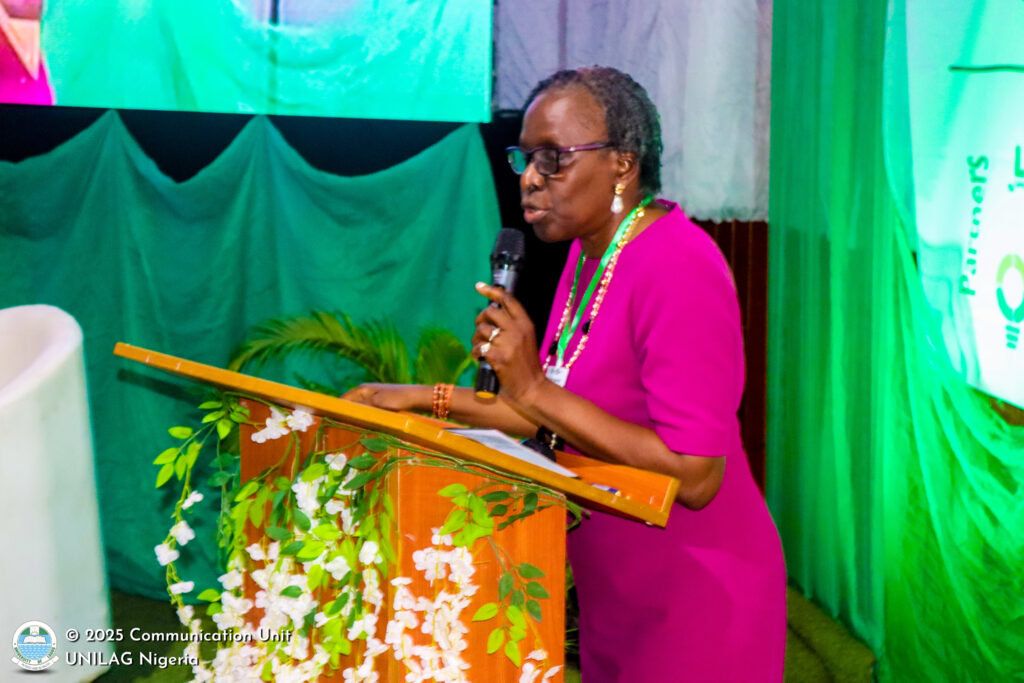
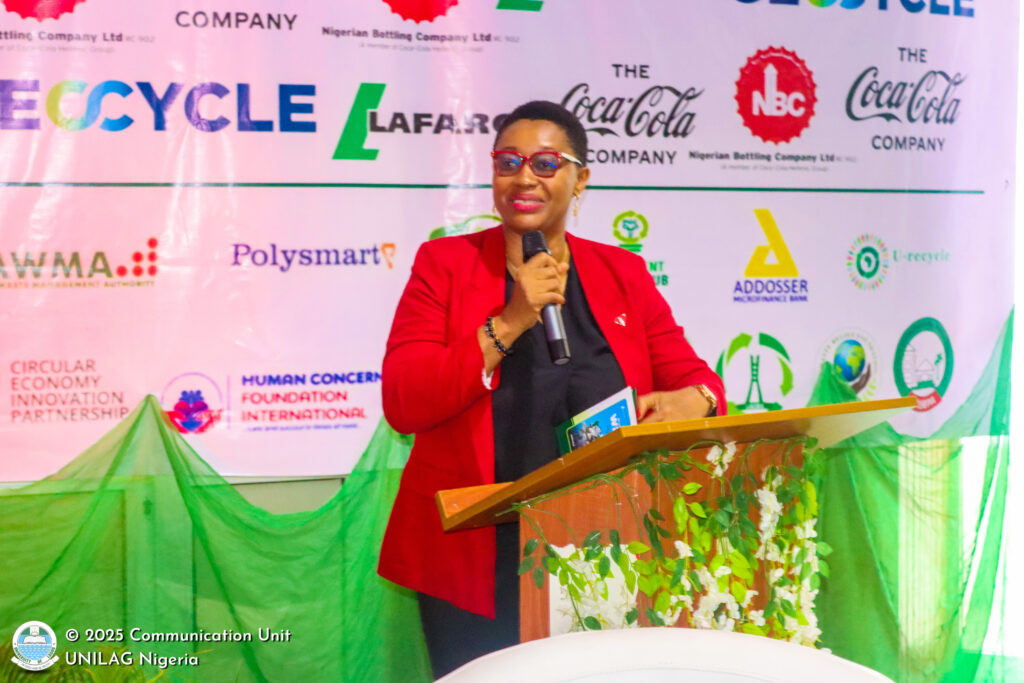
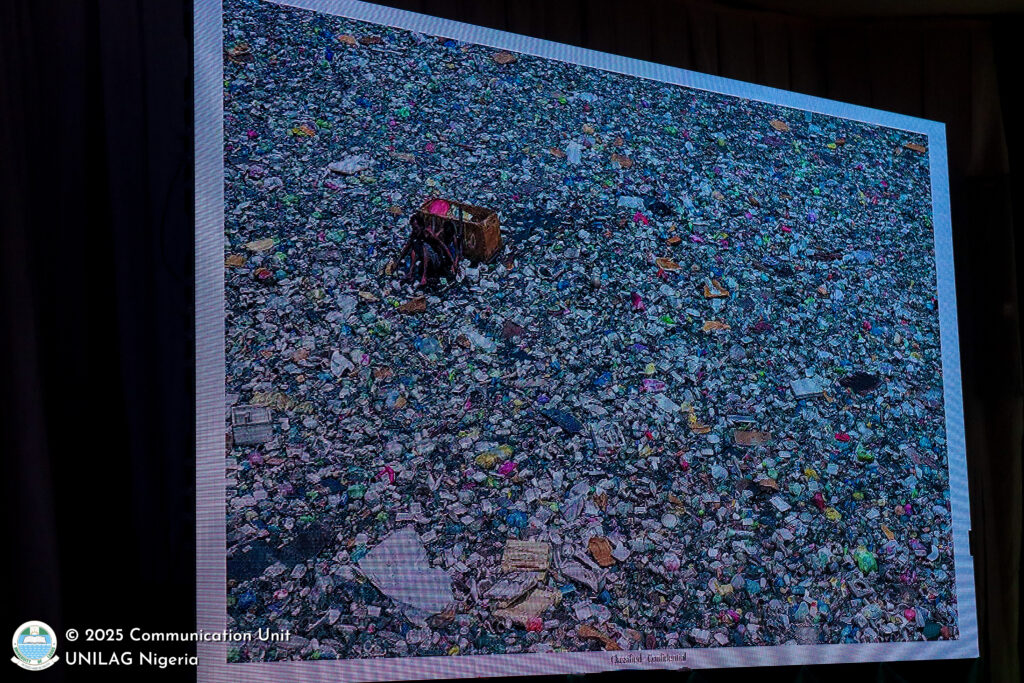
Their presentations showcased the institution’s commitment to waste minimization through cutting-edge technologies designed to curb waste generation. Professor Oboh highlighted the University’s key initiatives to ensure effective waste management. These include smart bin systems, renewable energy integration into recycling facilities, and 3D printing of recyclable materials, under what she termed the Academic Industry Partnership for Research and Development.
Similarly, Dr. Essien Nsuabia, the representative of the Managing Director/Chief Executive Officer of Lagos Waste Management Agency (LAWMA), Dr. Muyiwa Gbadegesin, and Mr. Babatunde Saka, who represented the Managing Director/Chief Executive Officer of Lagos State Environmental Protection Agency (LASEPA), Dr. Babatunde Ajayi provided the viewpoints of Lagos State Government. They outlined the State Government’s efforts to create a cleaner, safer environment.
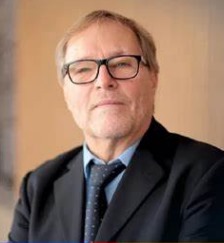
Professor Kare Helge Karstensen, Chief Scientist at Norway’s Foundation for Scientific and Industrial Research, shared global best practices. He inspired the audience with success stories from abroad via an online medium.
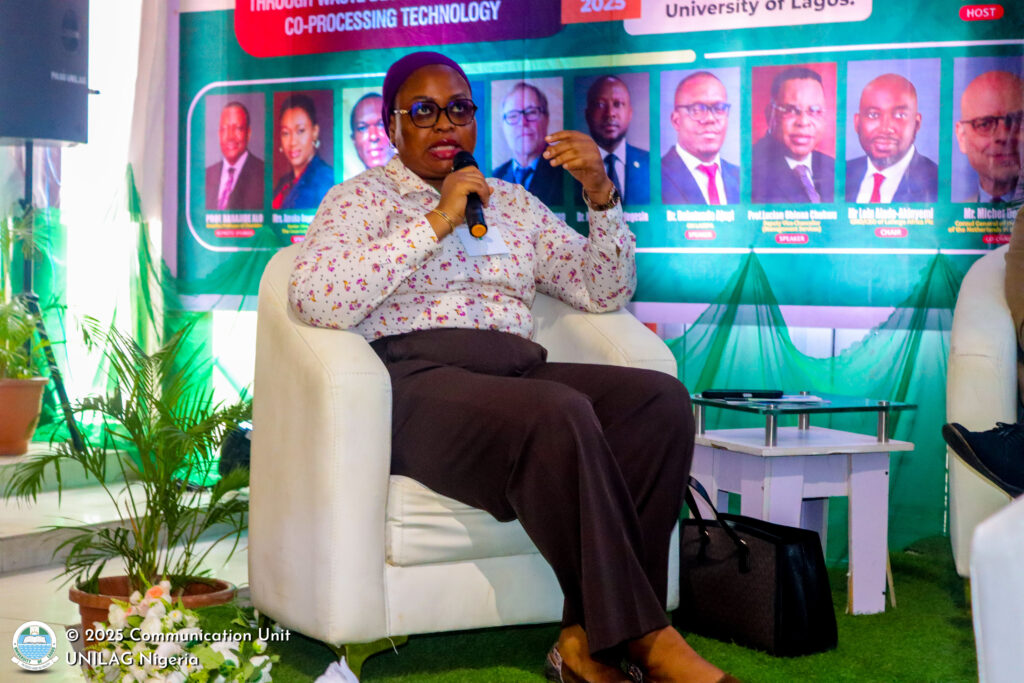
To showcase the private-sector perspective, Mrs. Rukayat of Polymarts; Mrs. Amaka Onyemelukwe, Senior Director at The Coca-Cola Company, and Mr. Daniel Adedokun, Head of GeoCycle at Lafarge Africa highlighted corporate responsibility in sustainable waste management, and co-processing of waste as a scalable solution.
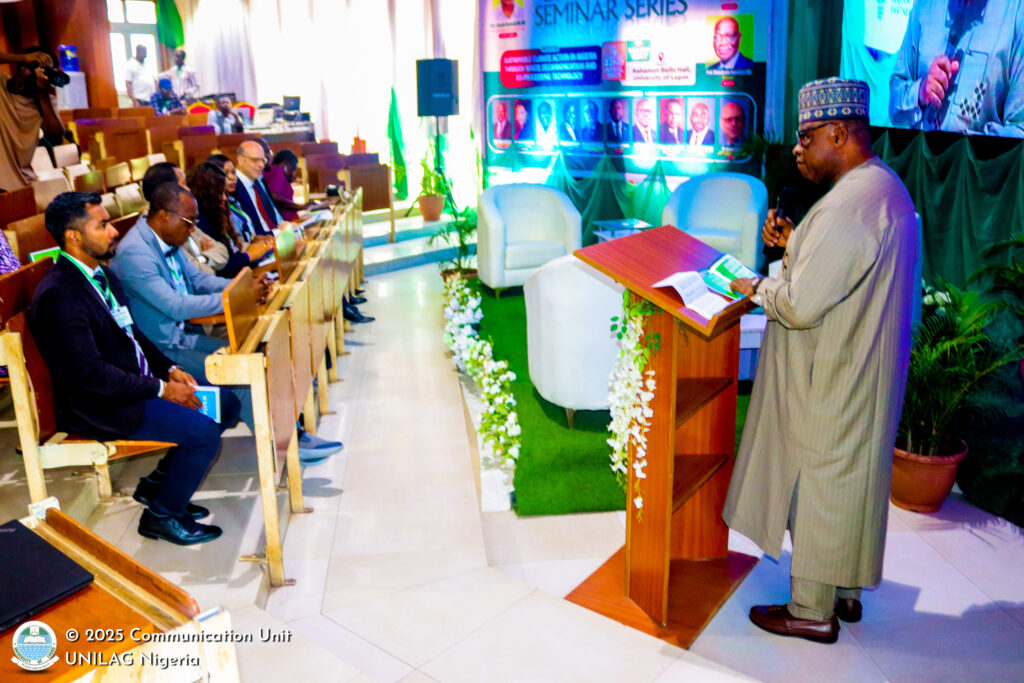
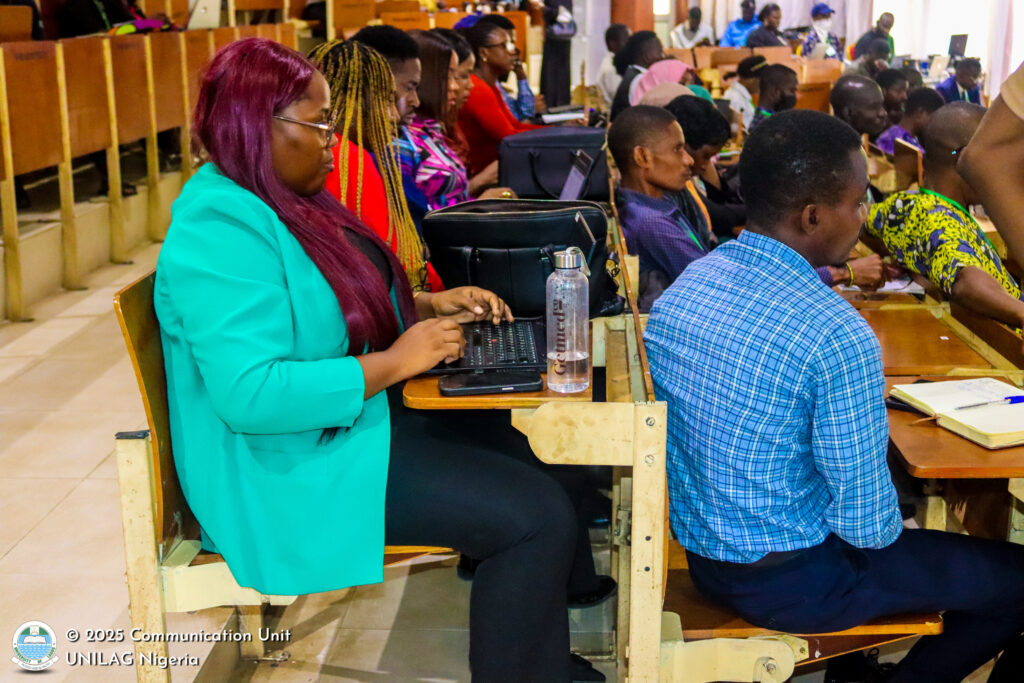
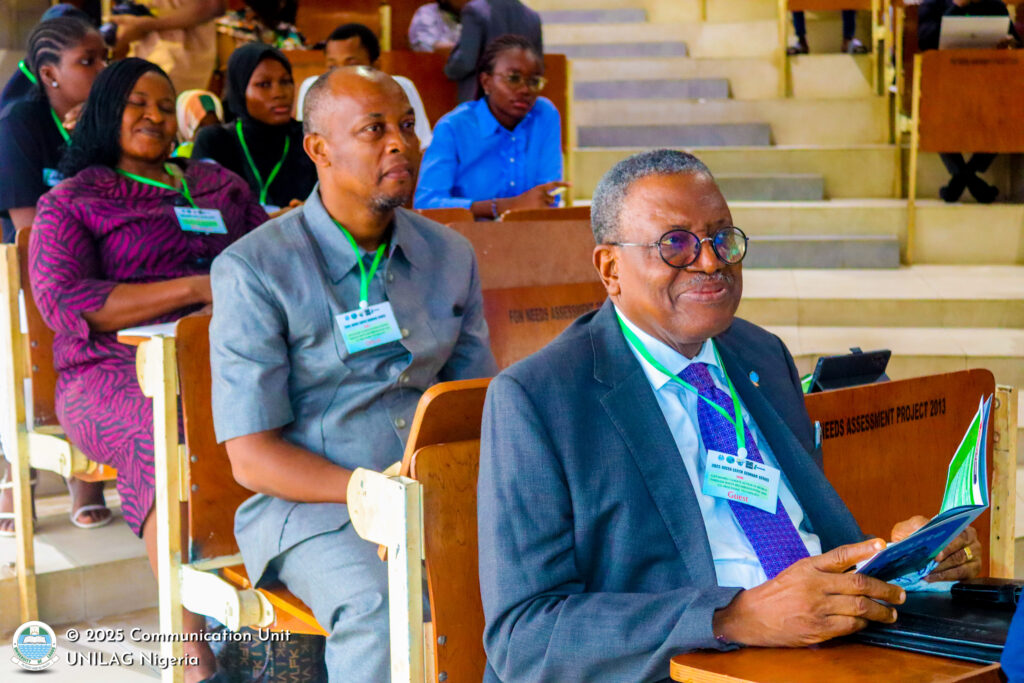
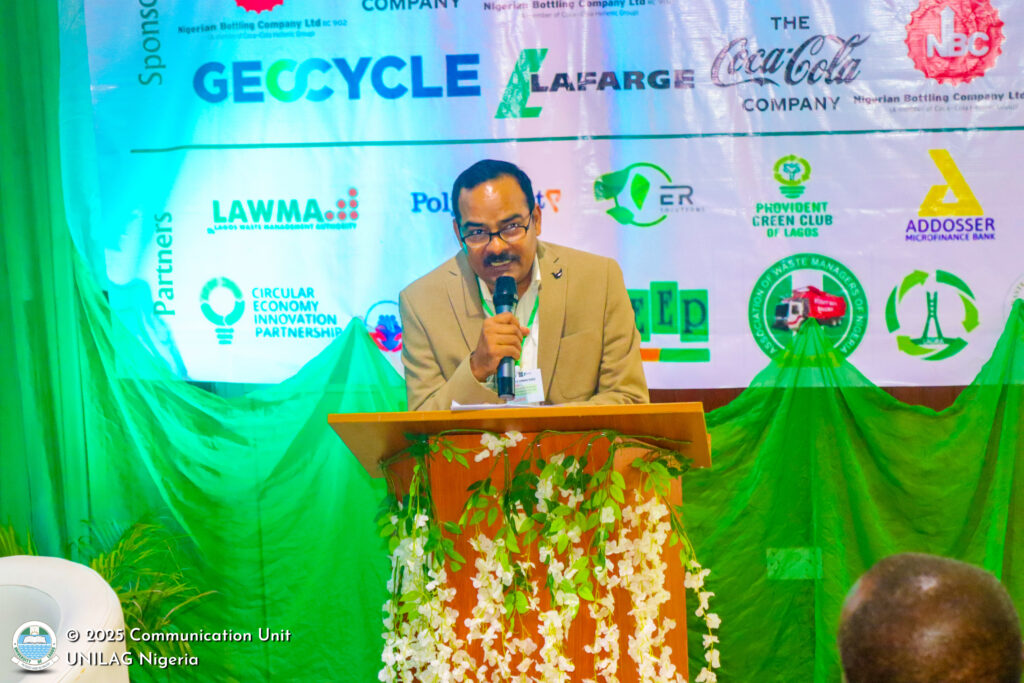
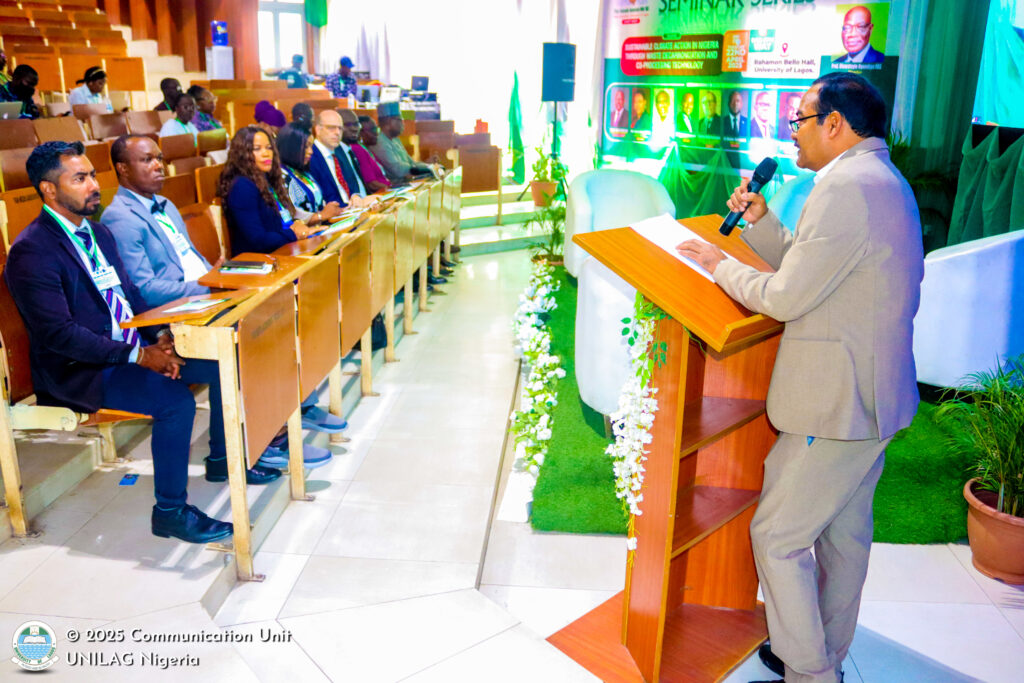
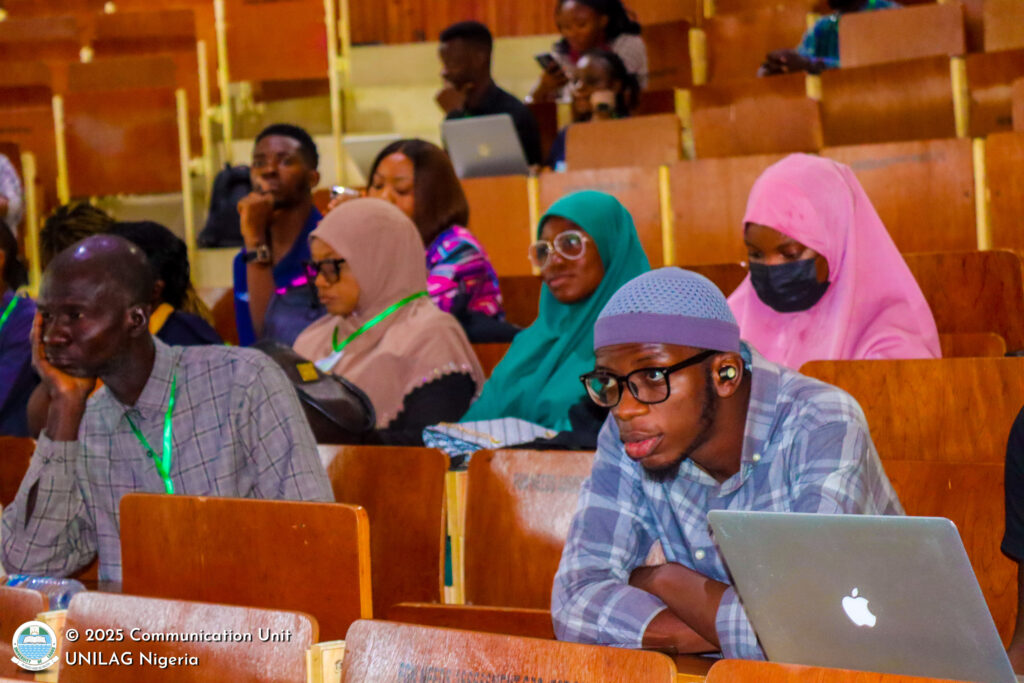
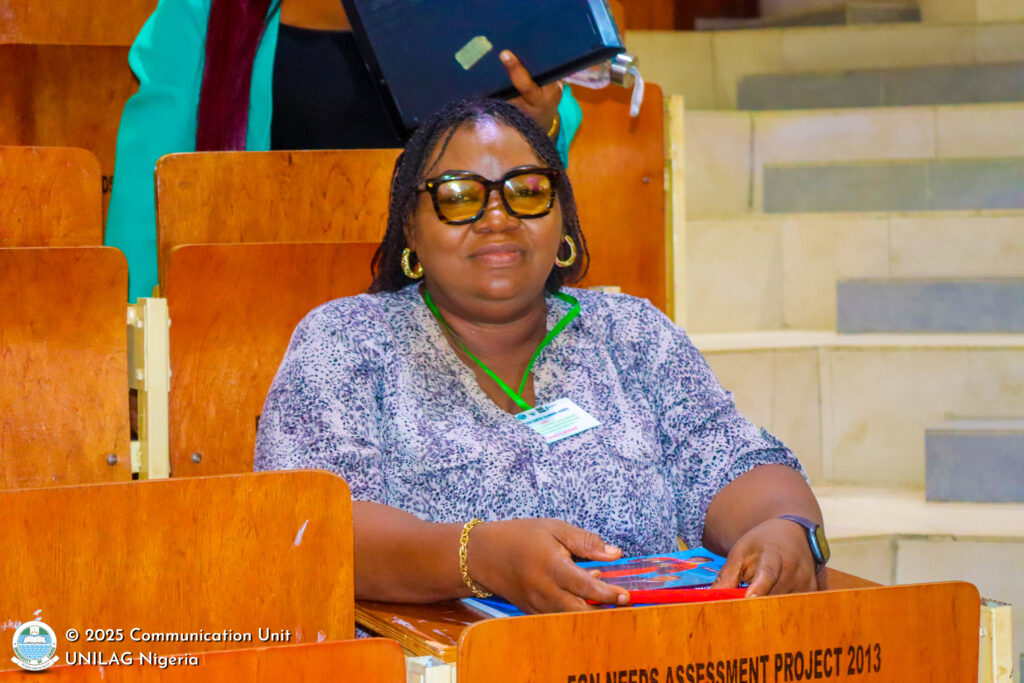
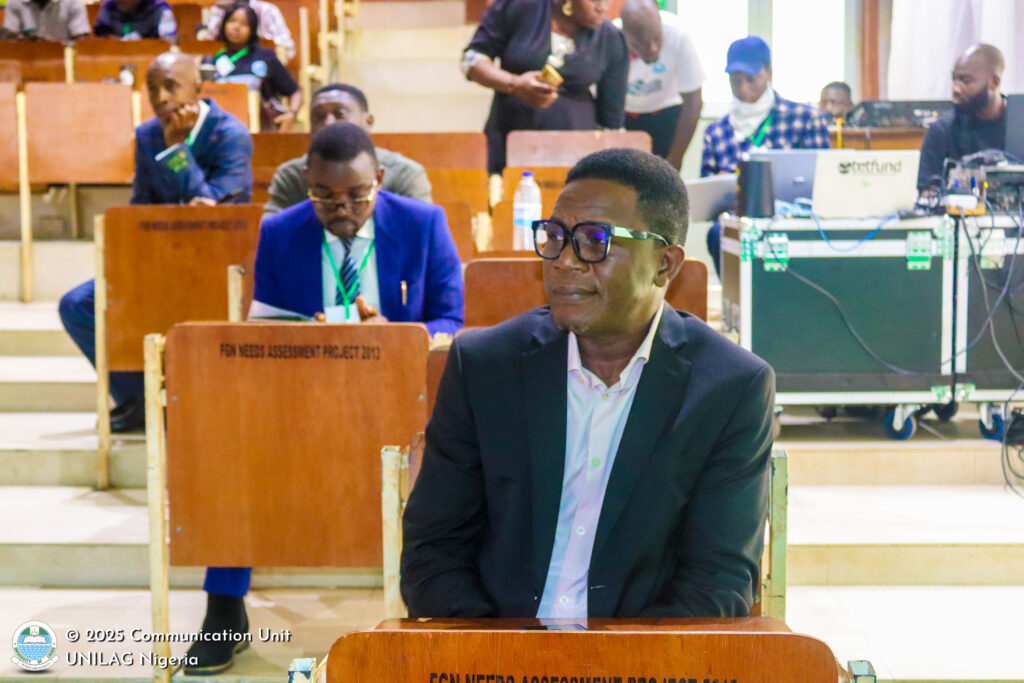

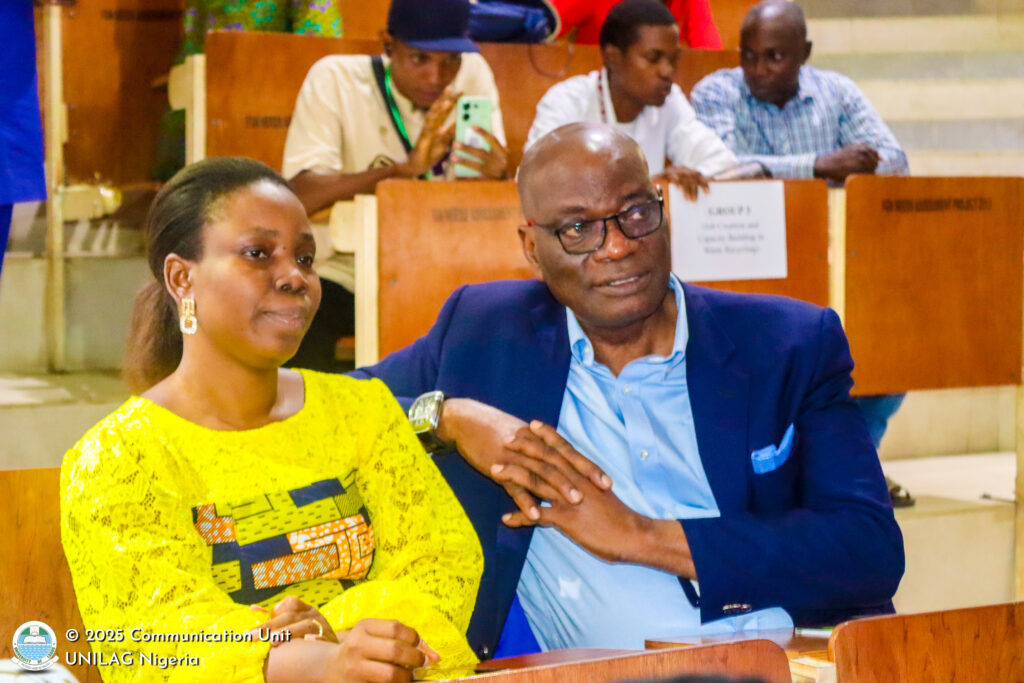
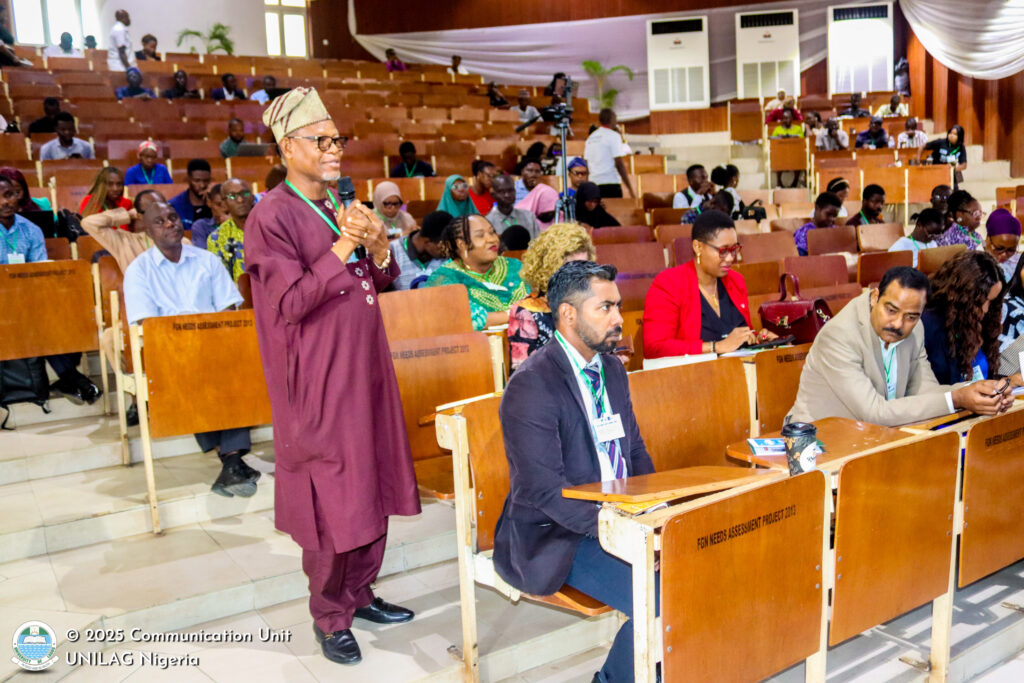
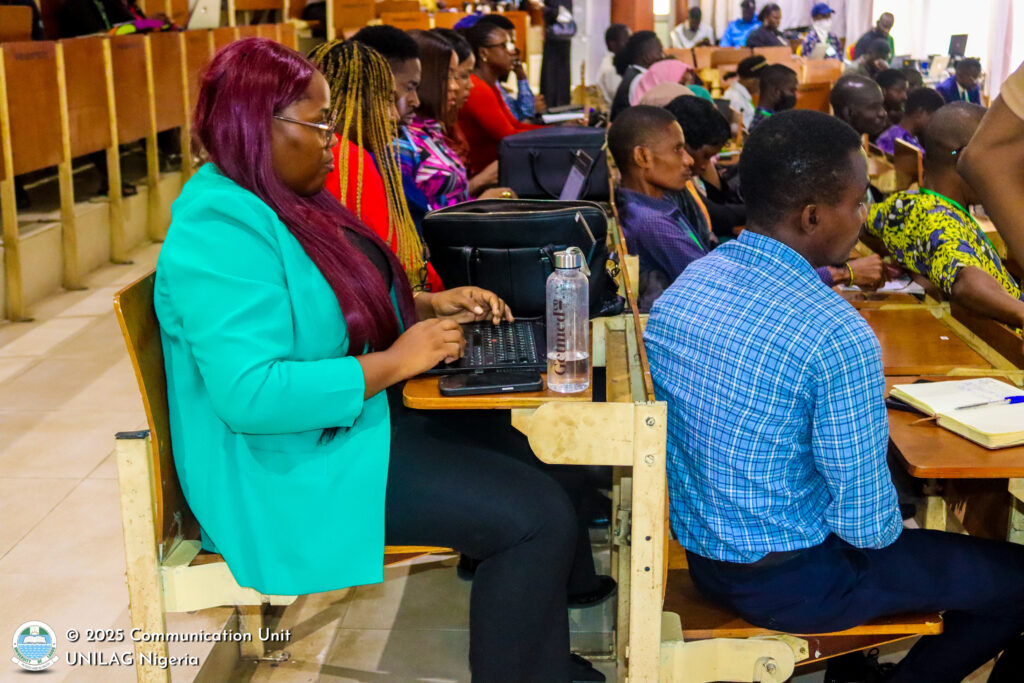
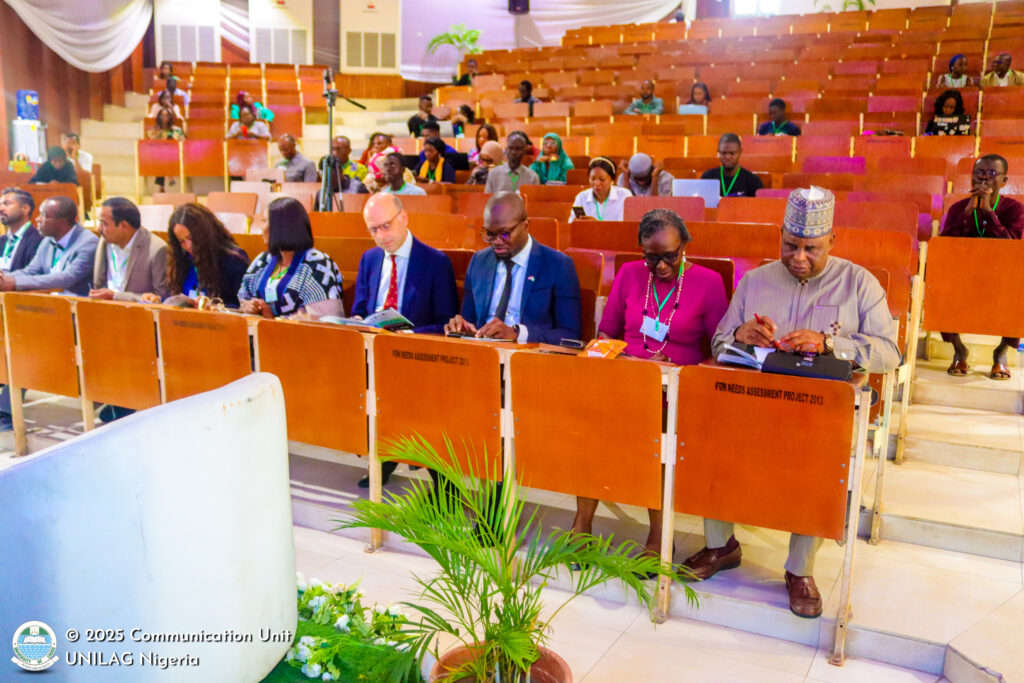
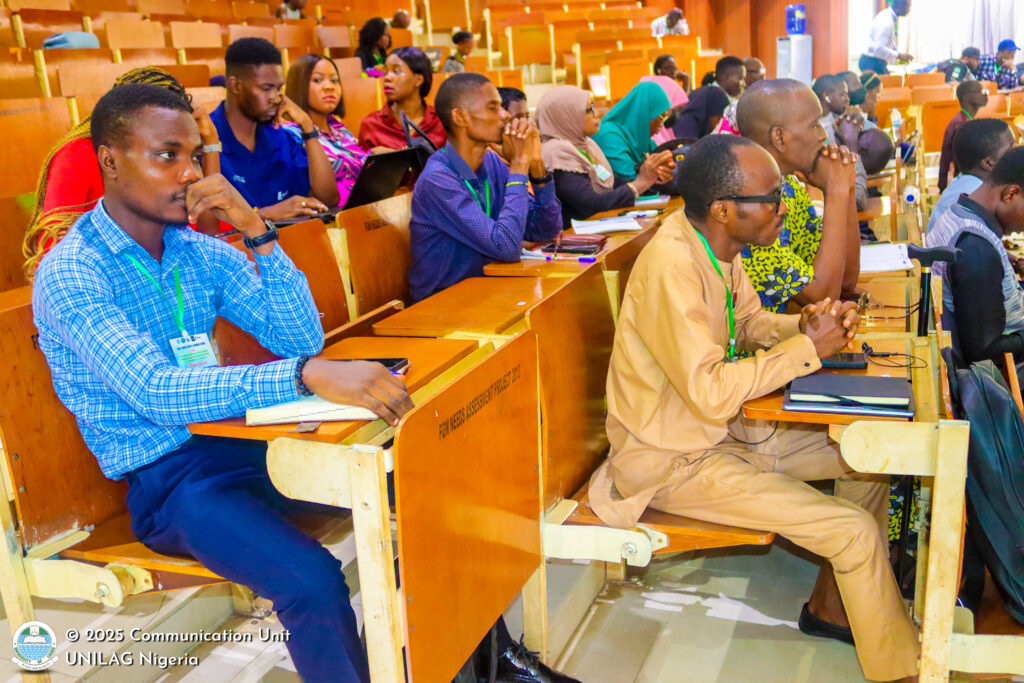
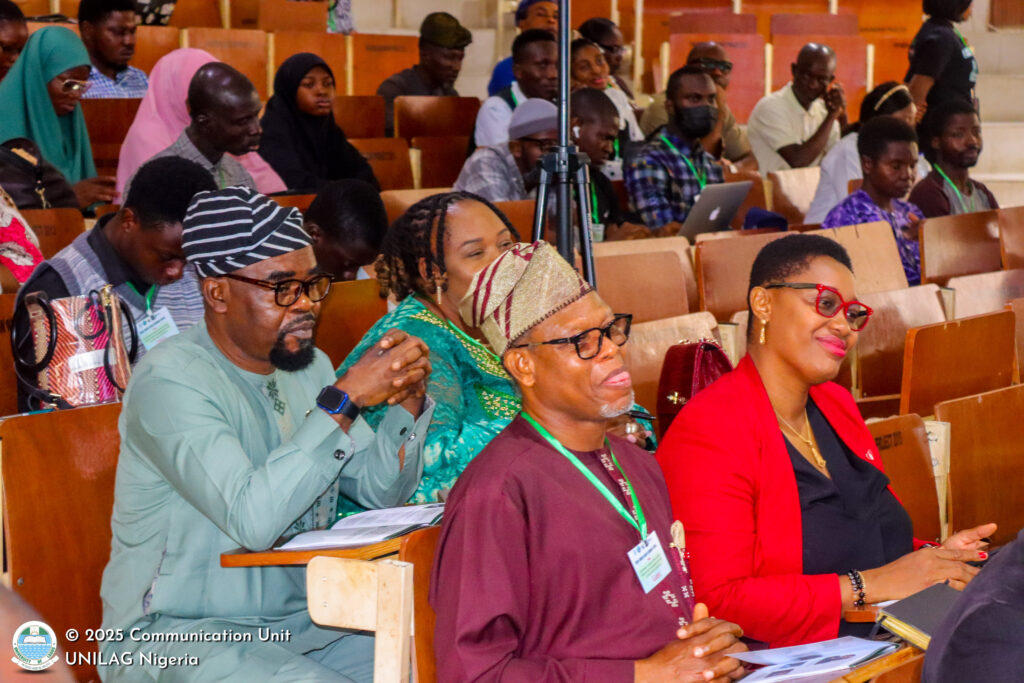
The seminar was not just talk-talk, it was a springboard for action as attendees left with a shared vision: a Nigeria where waste fuels progress, not pollution.
Press Briefing
In the run-up to the Seminar, a press Briefing was held on Thursday, April 17, 2025, at the Lagos Waste Management Agency (LAWMA) Hub, Ijora.
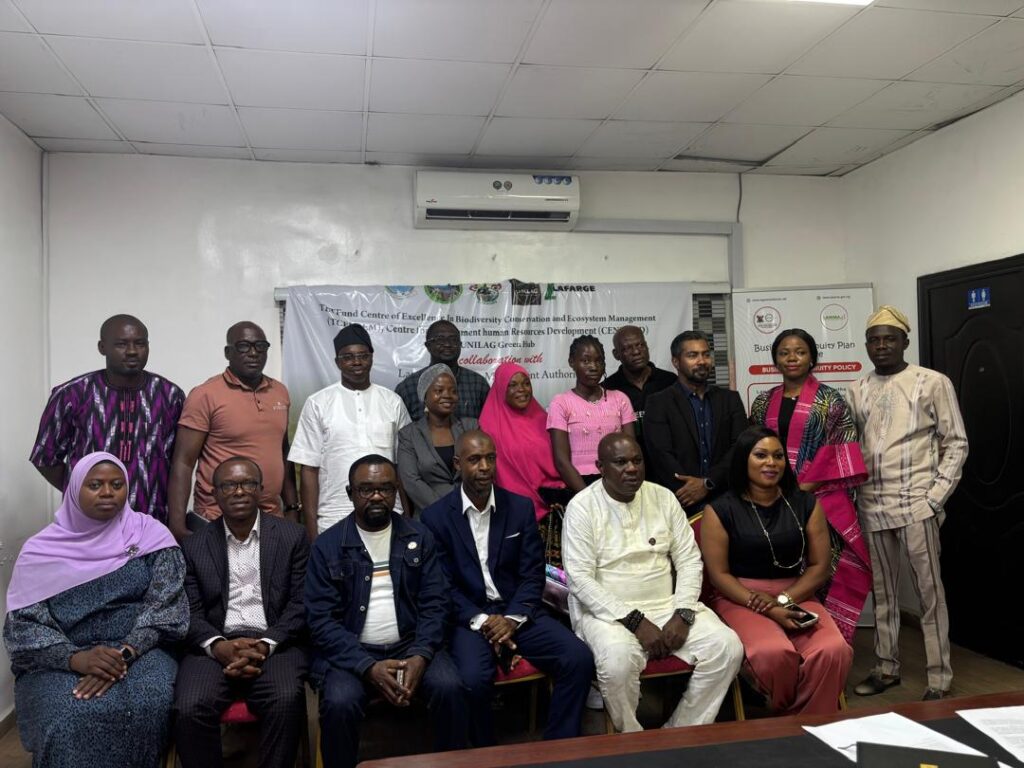
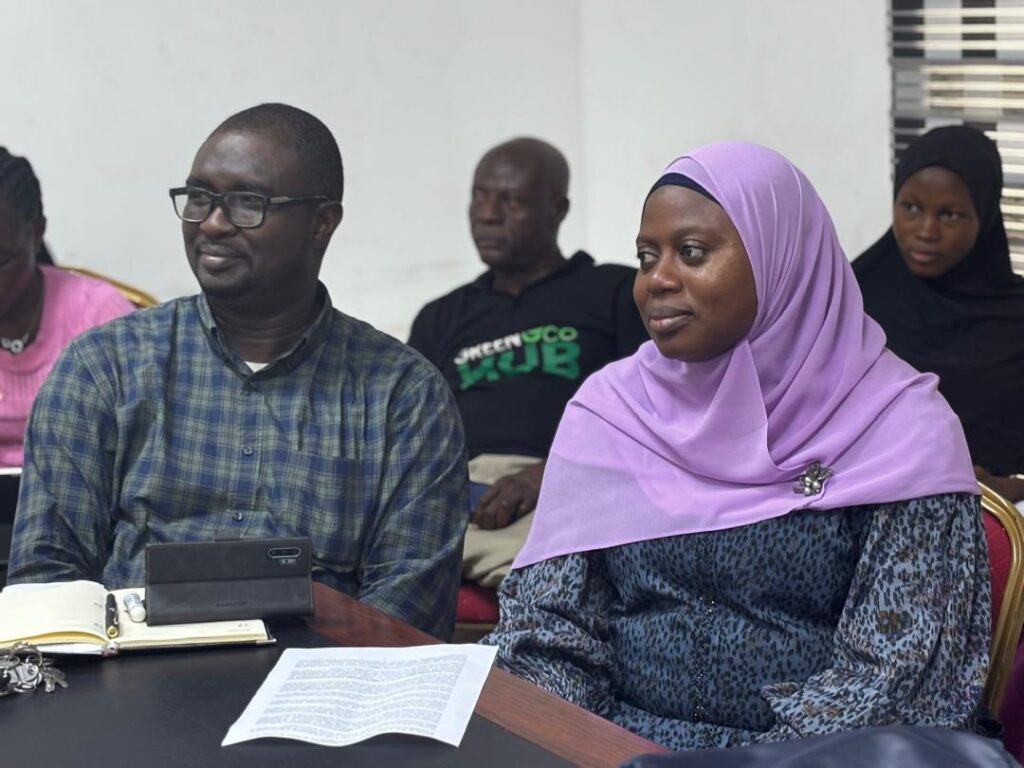
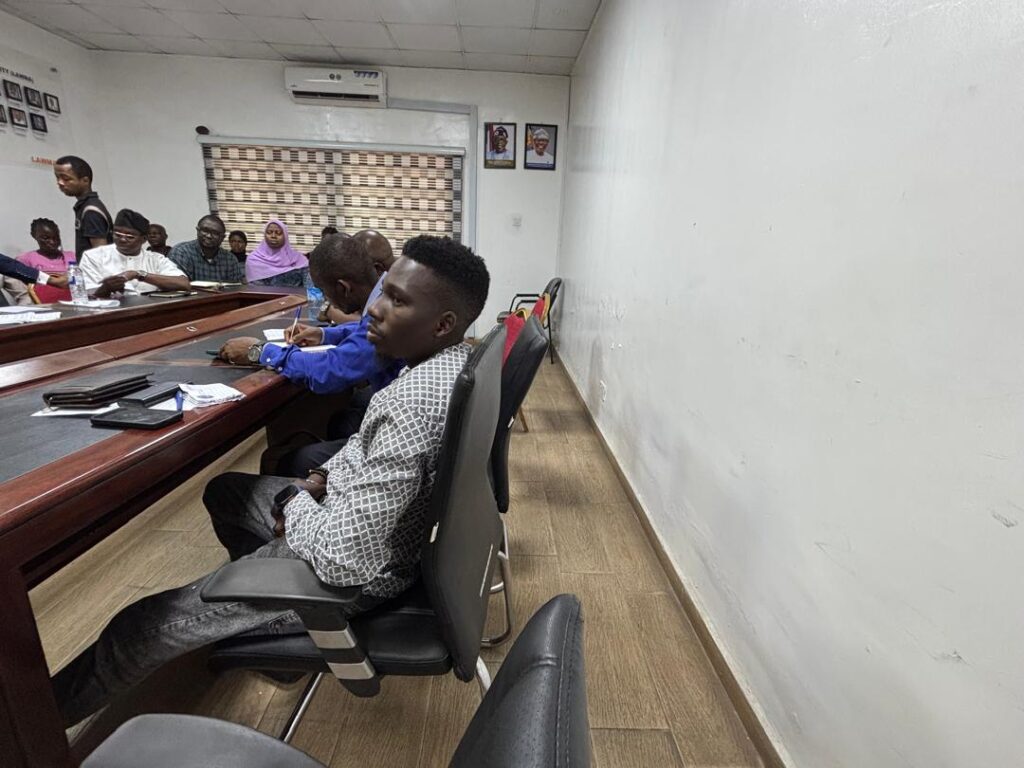
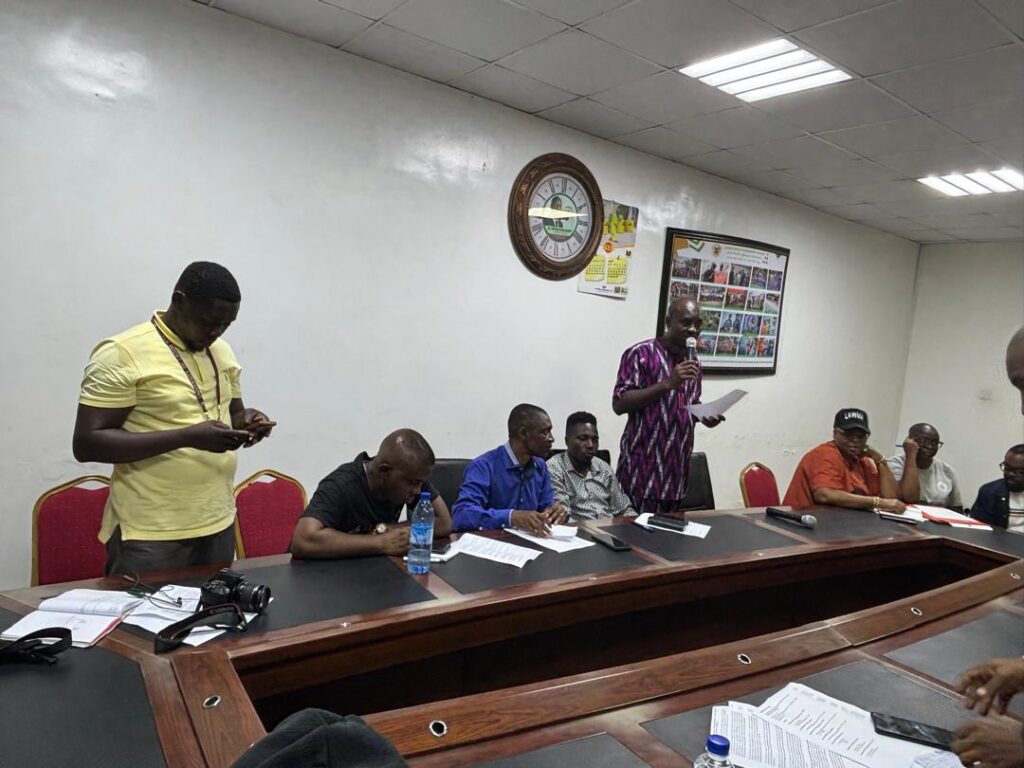
The briefing was handled by the Deputy Lead of UNILAG TETFund Centre of Excellence in Biodiversity Conservation and Ecosystem Management (UNILAG-TCEBCEM), Akeem Abayomi; Coordinator of UNILAG Green hub/Principal Quality Control Officer for Waste, Water, Sewage and Environment at UNILAG, Dr. Adelopo AbdulGaniyu; LAWMA’s Head of Waste Management Research and Policy Development, Dr. Essein Nsuabia; Head of GeoCycle at Lafarge, Daniel Adedokun, among others.
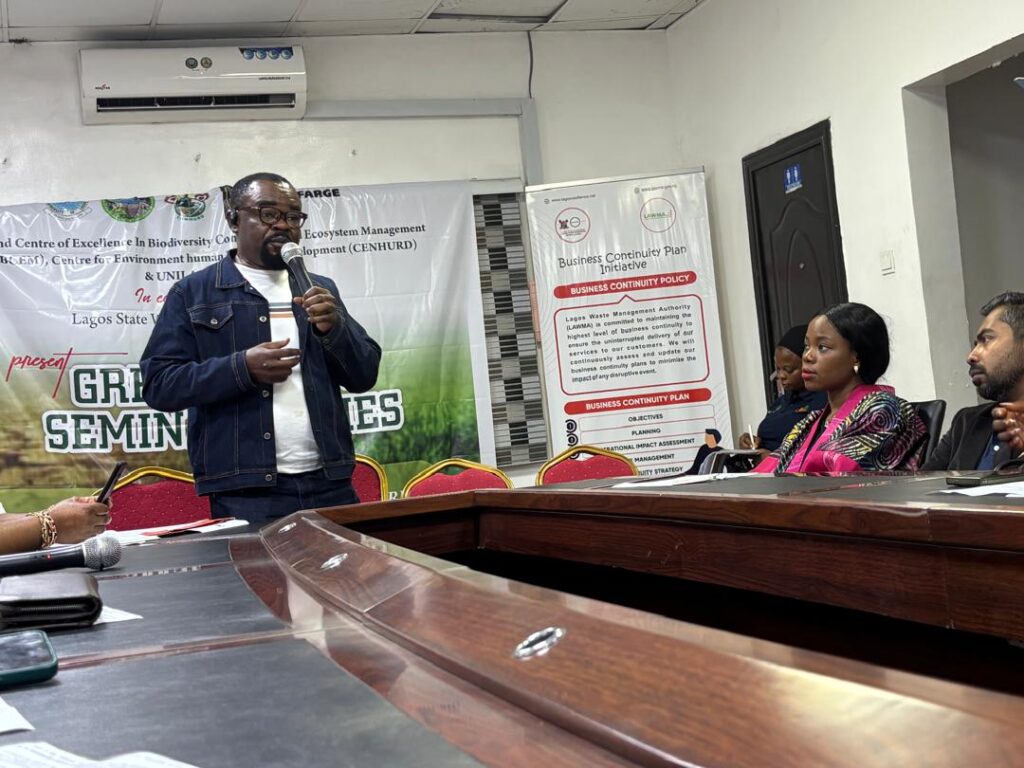
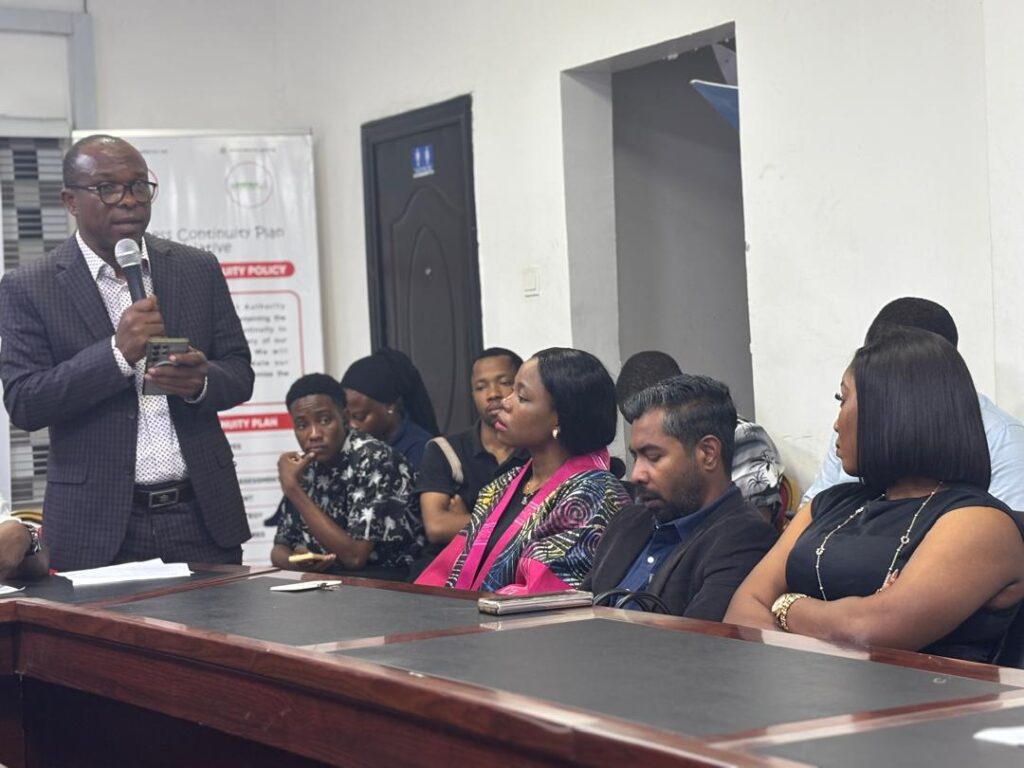
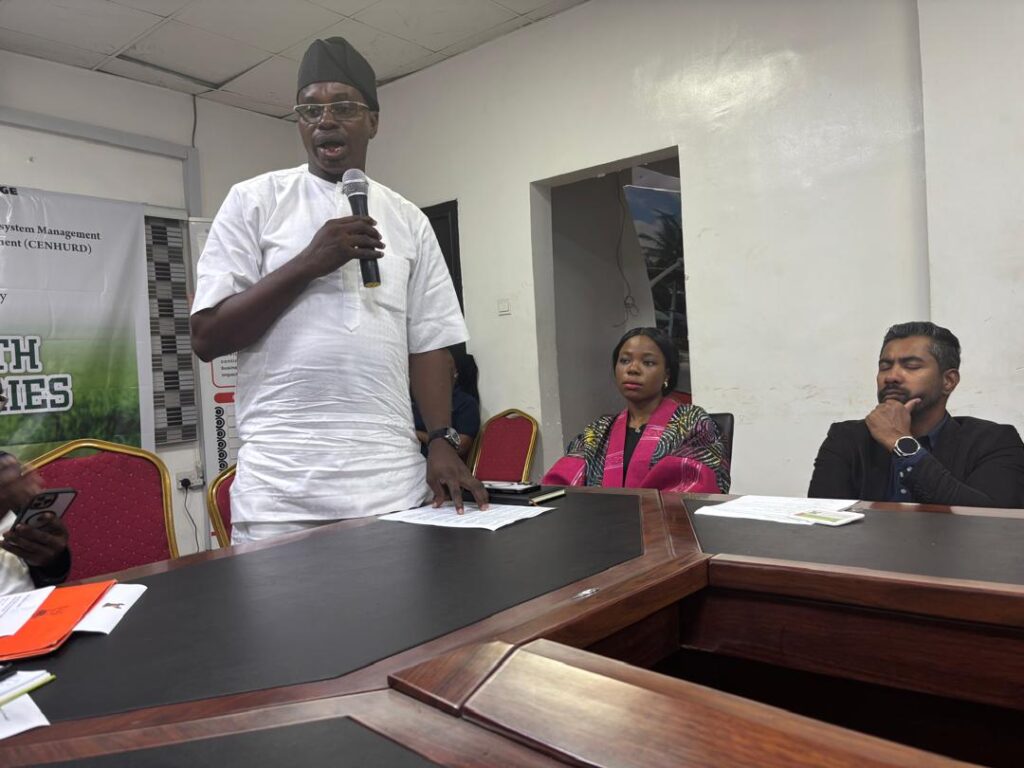
The no-holds-barred briefing served as a platform for the collaborative team behind the Sustainable Climate Action in Nigeria Through Waste Decarbonization and Co-Processing Technology Seminar to highlight the objectives of the Seminar and answer questions on co-processing and recycling as pathways for climate mitigation.
Report: Bayo Salau
Photographs: Michael Joshua / Bayo Salau
